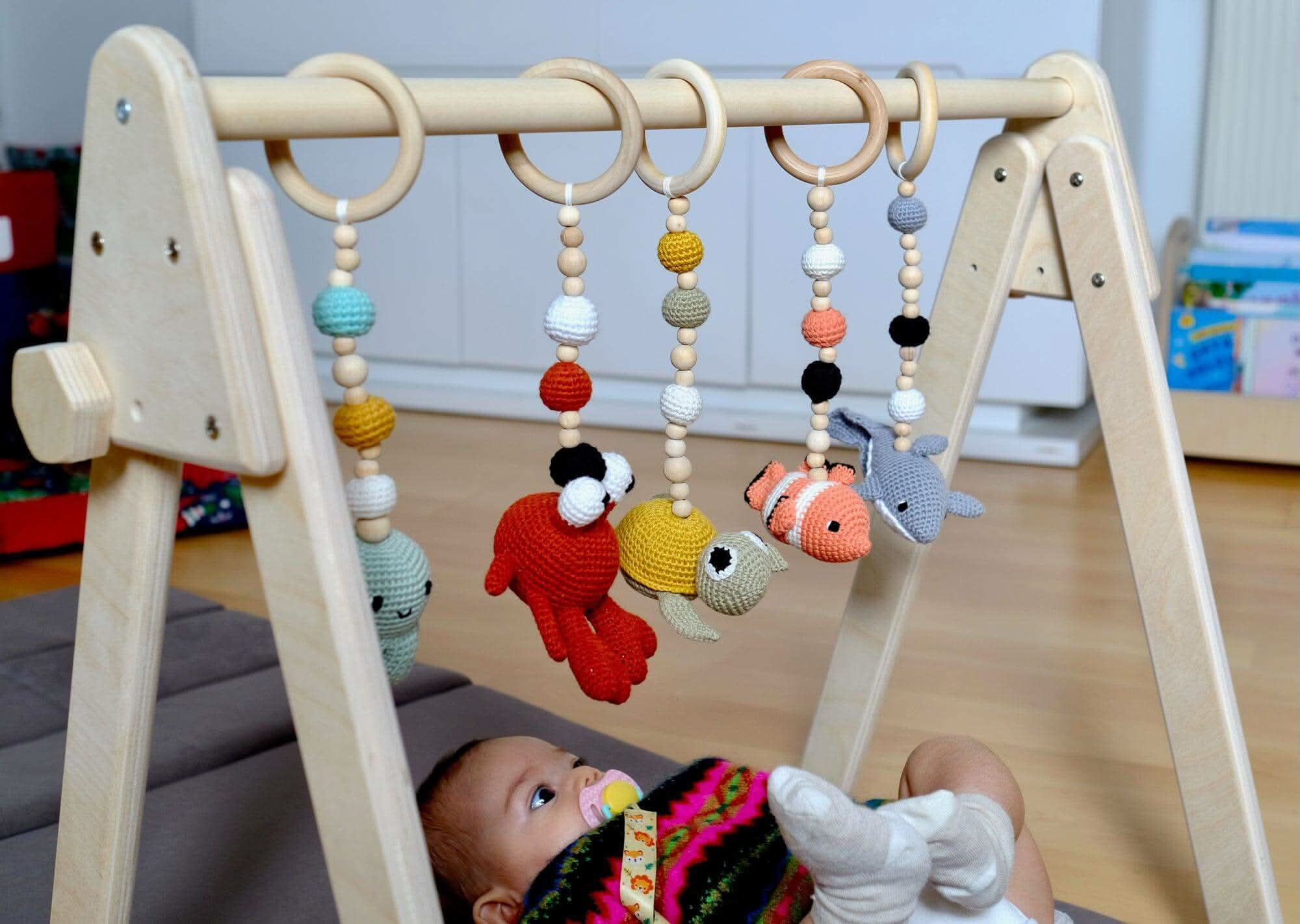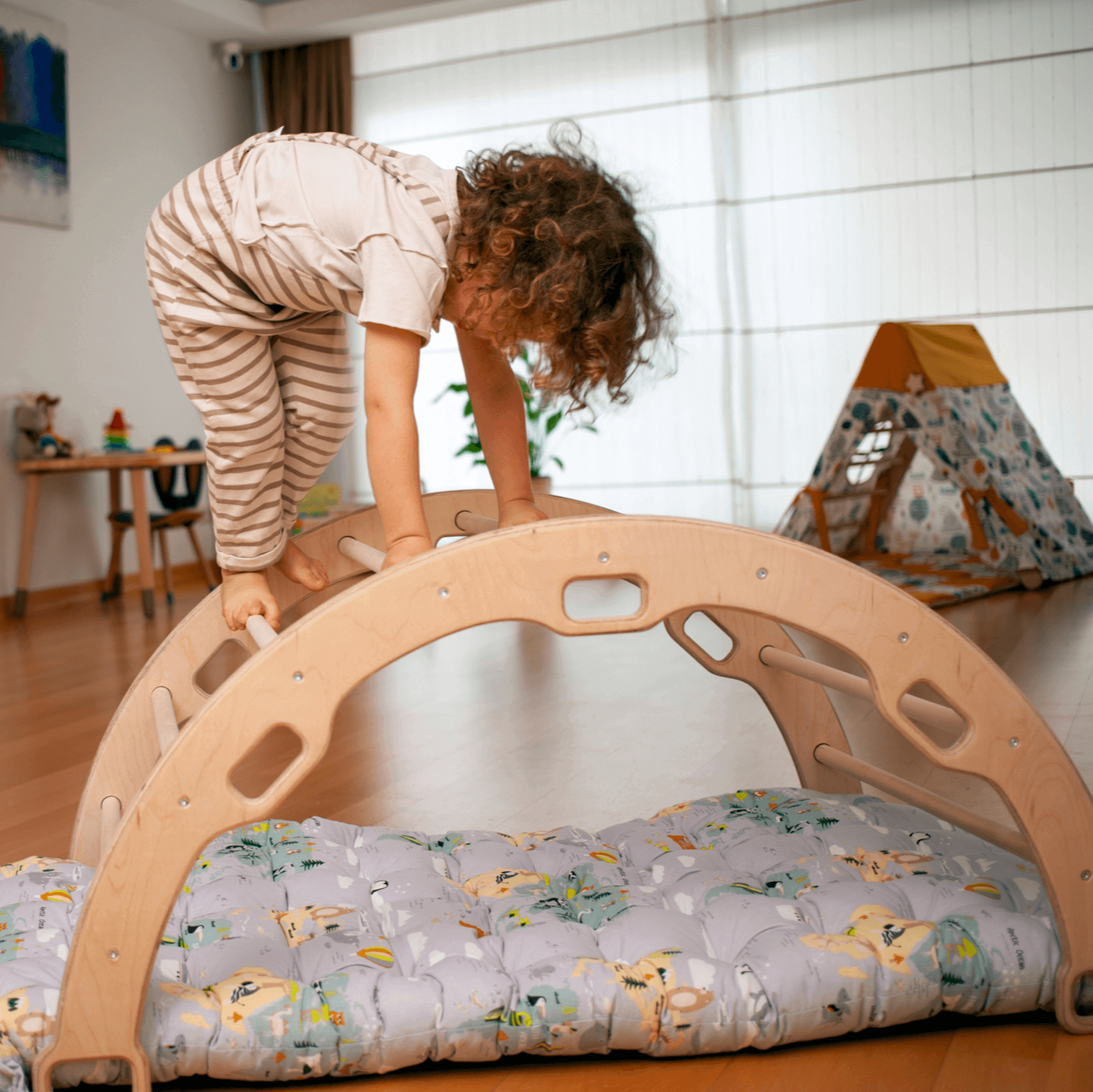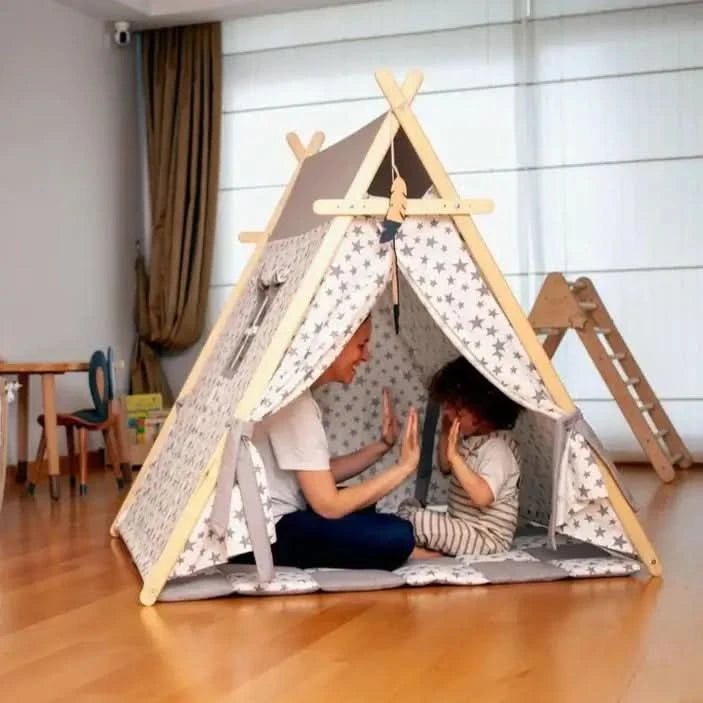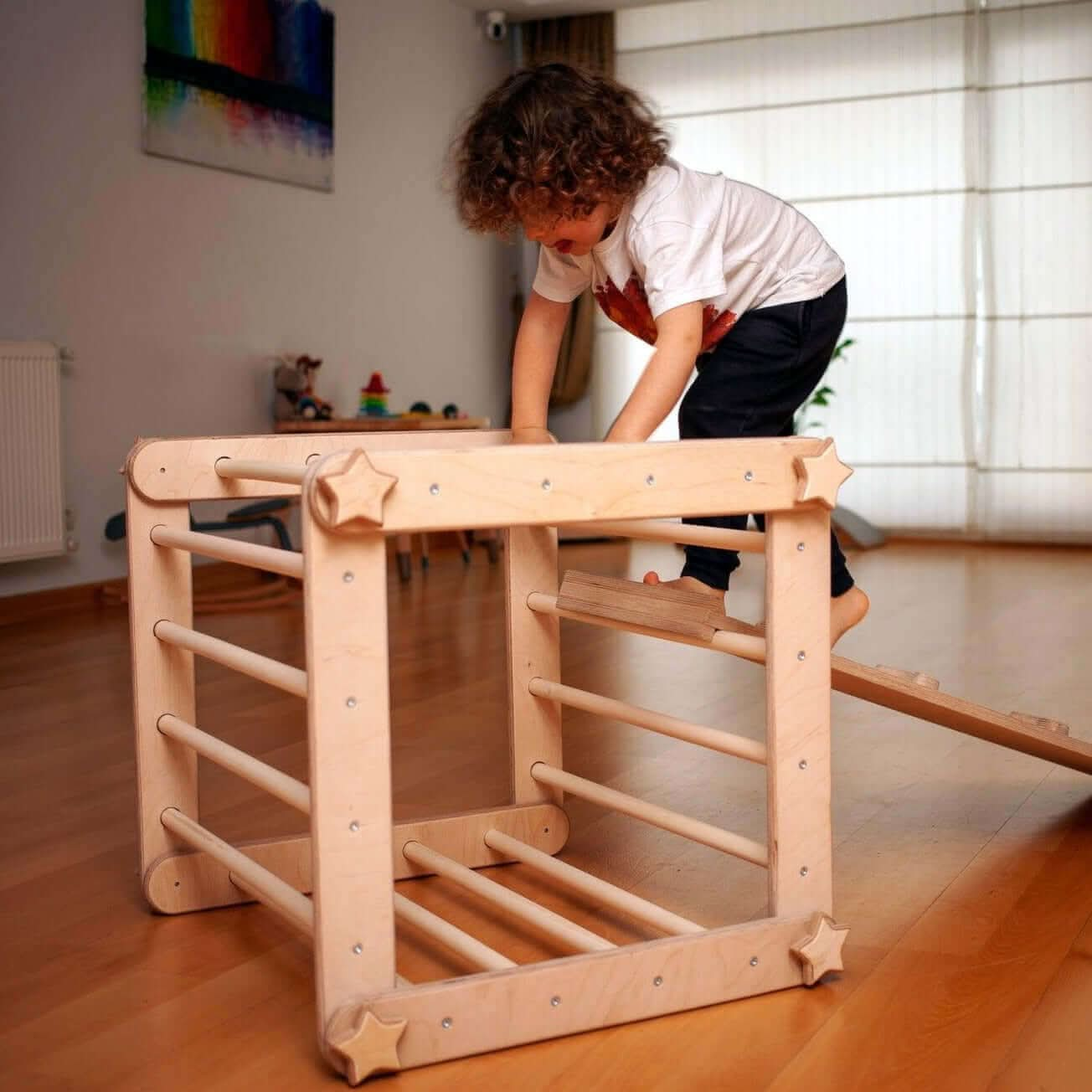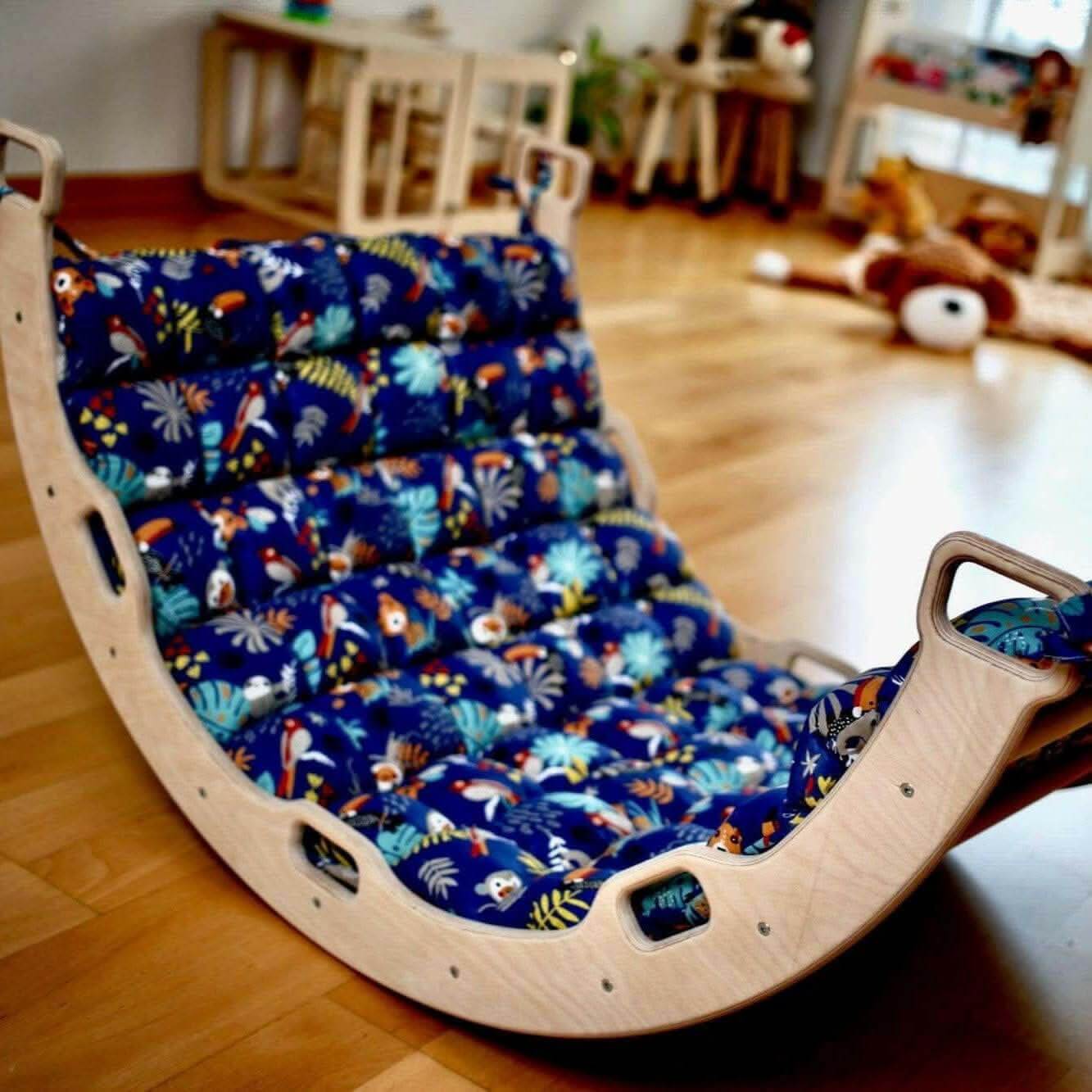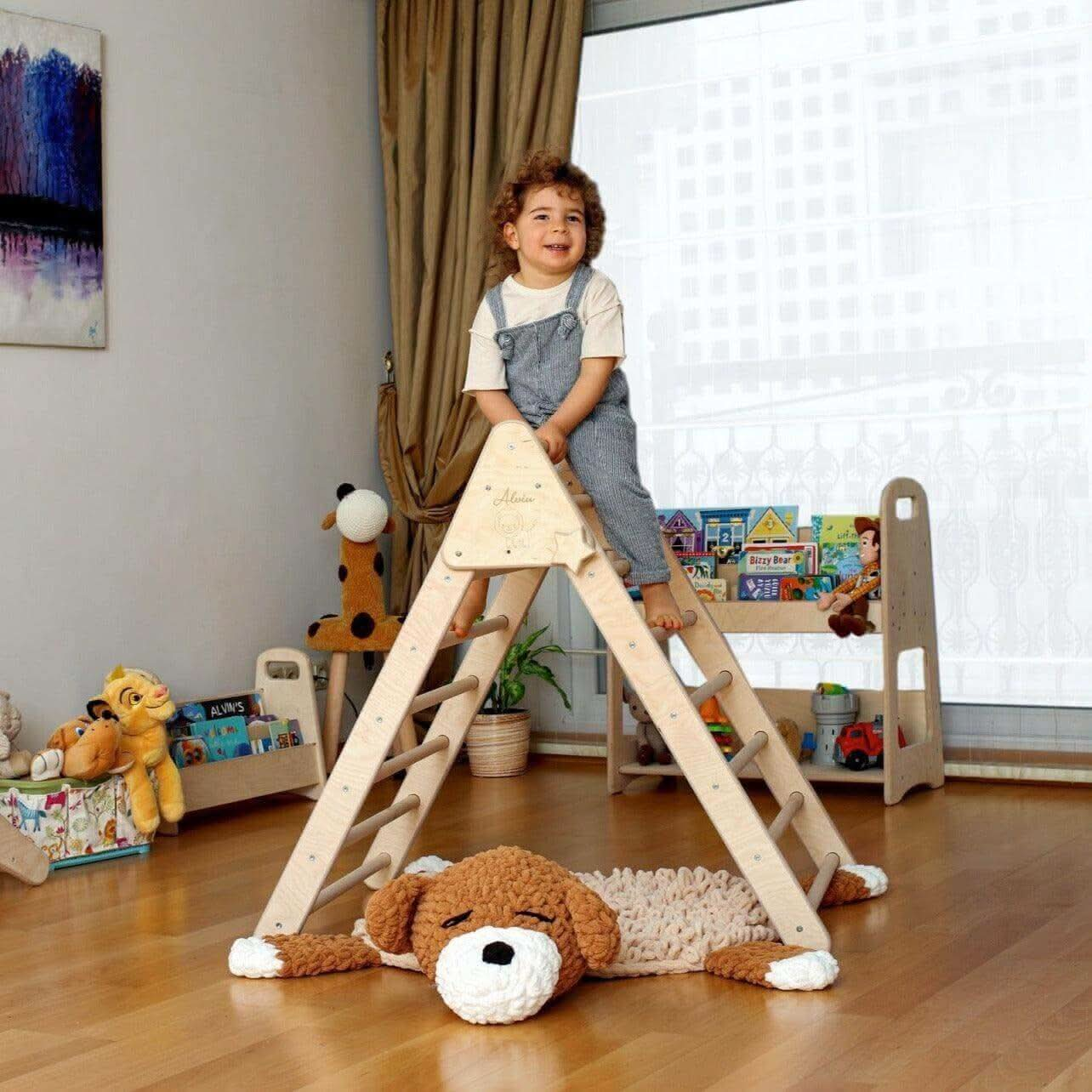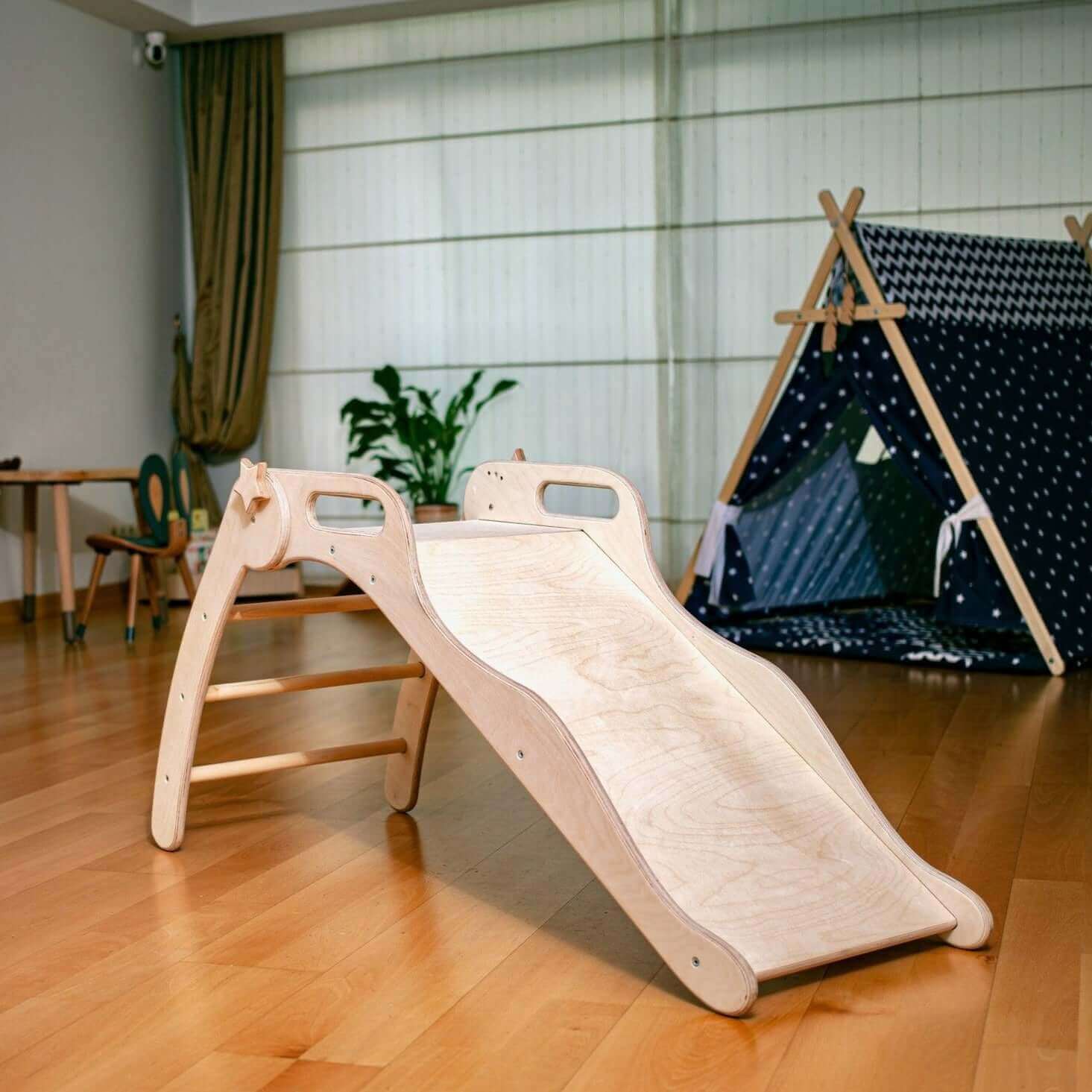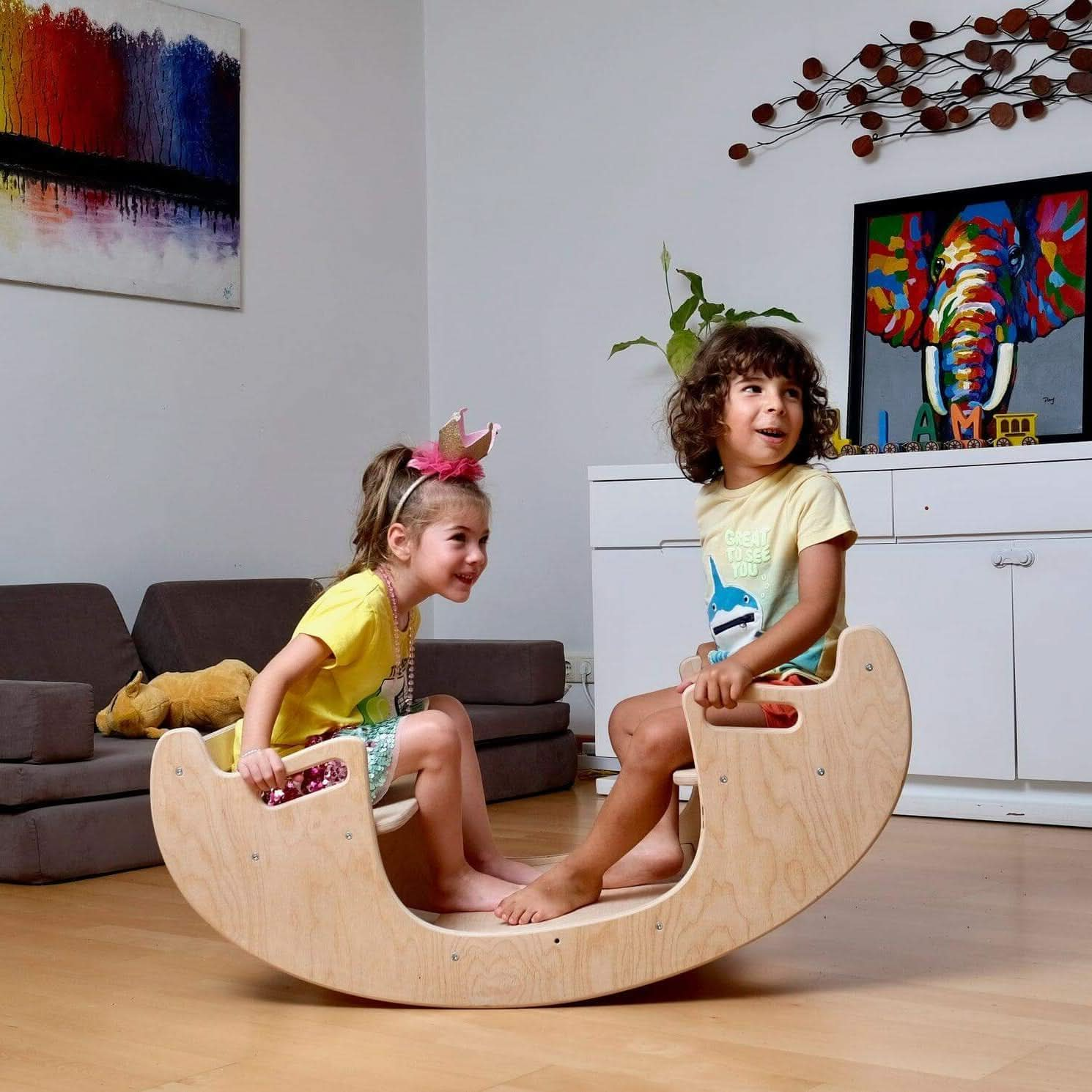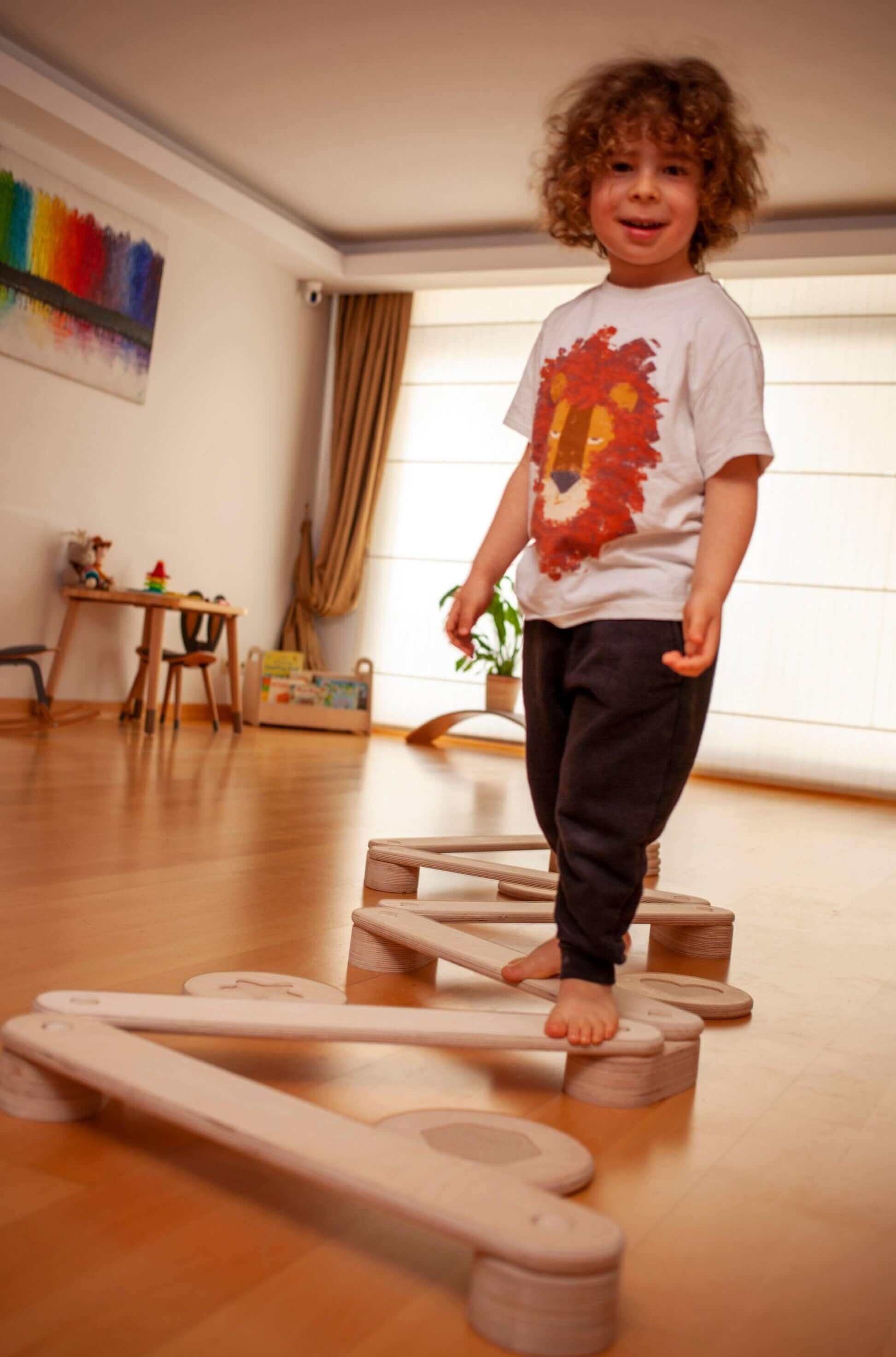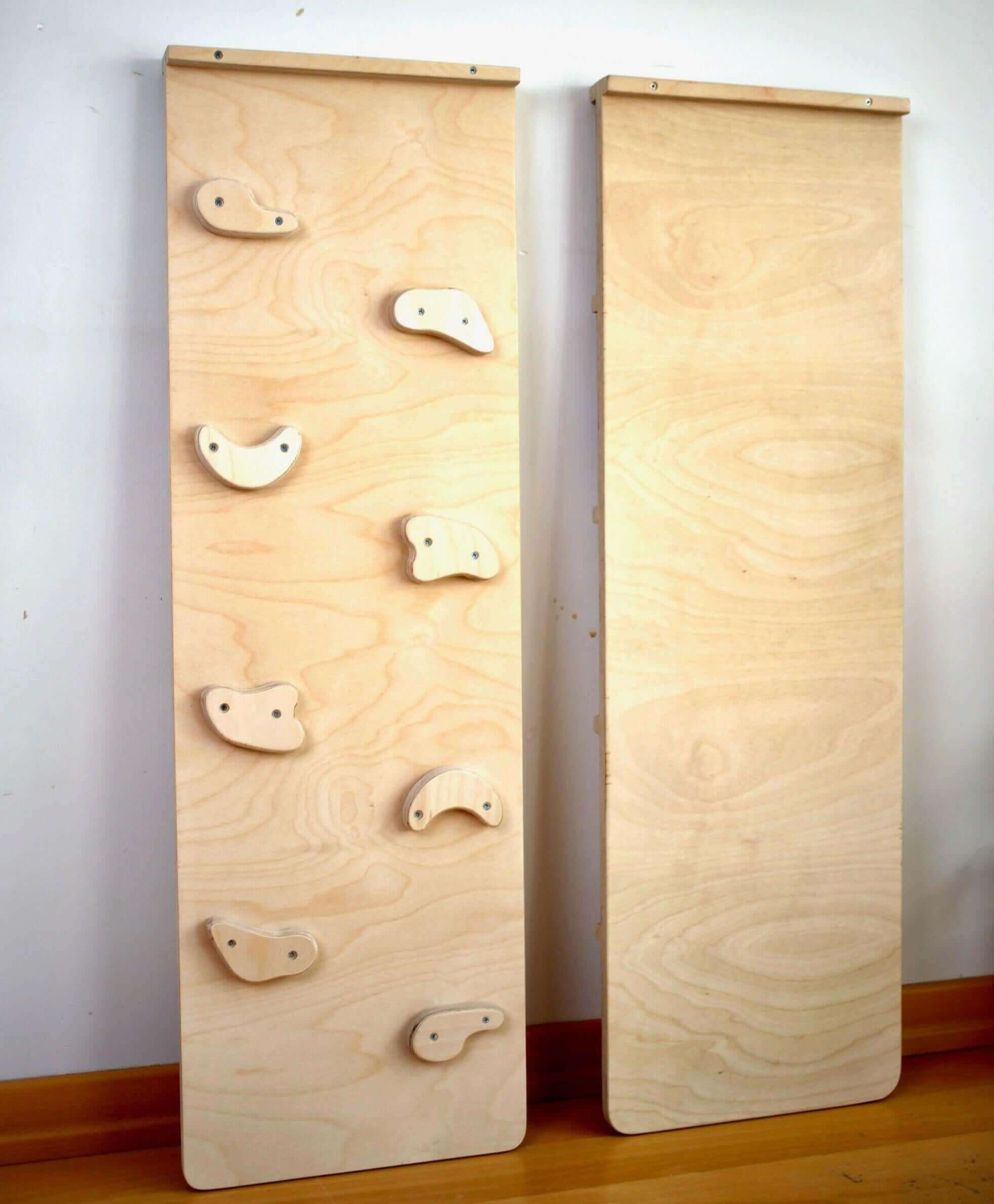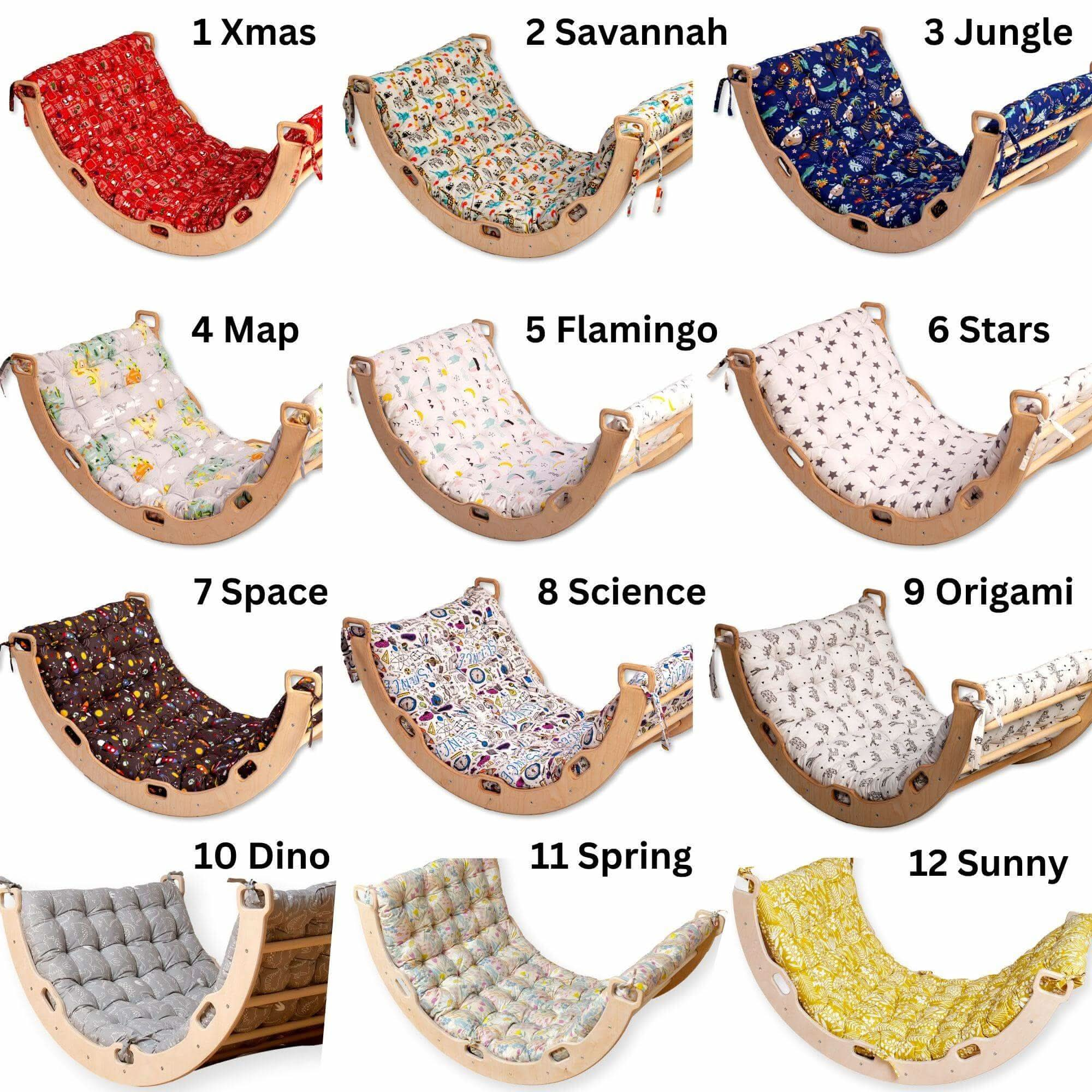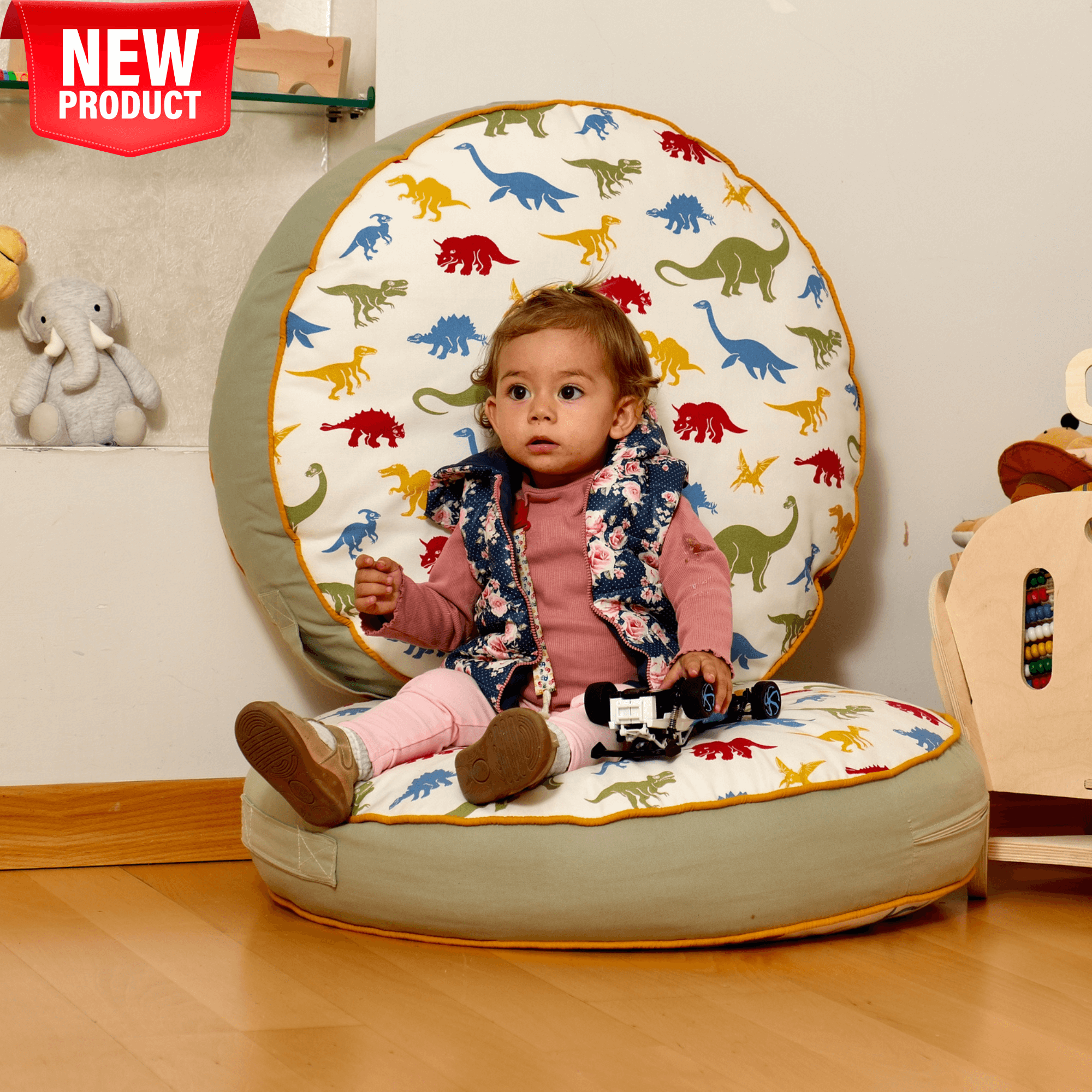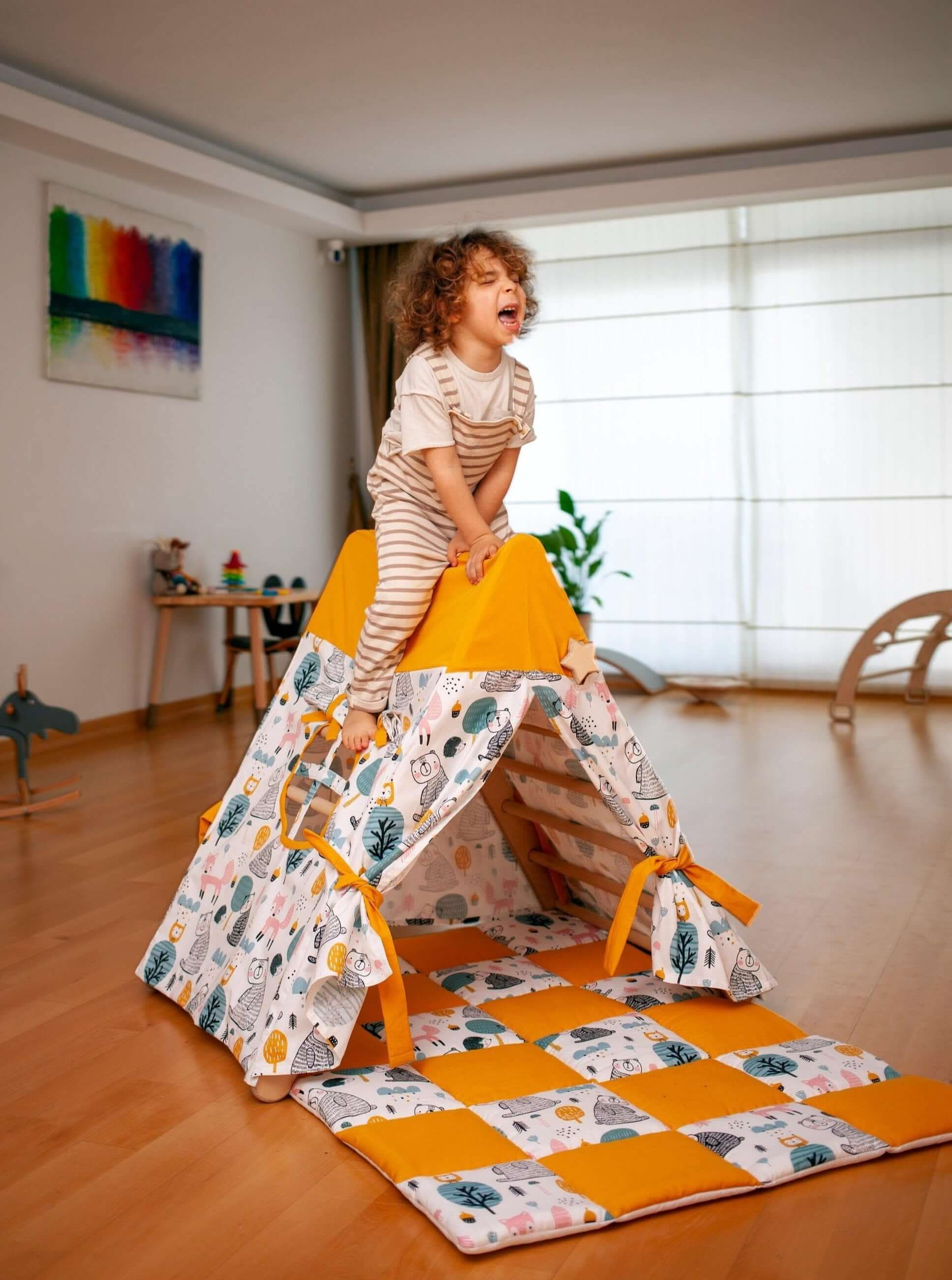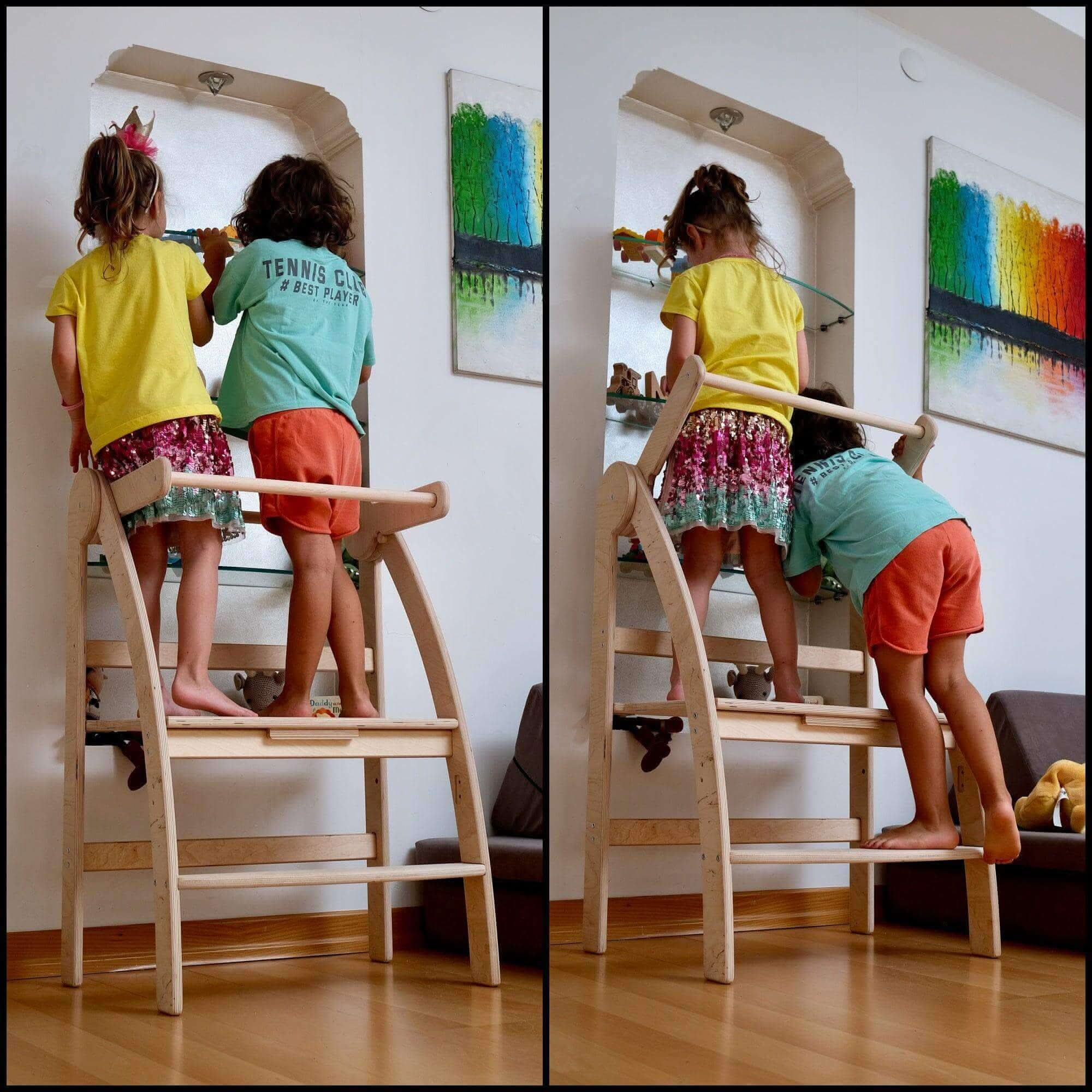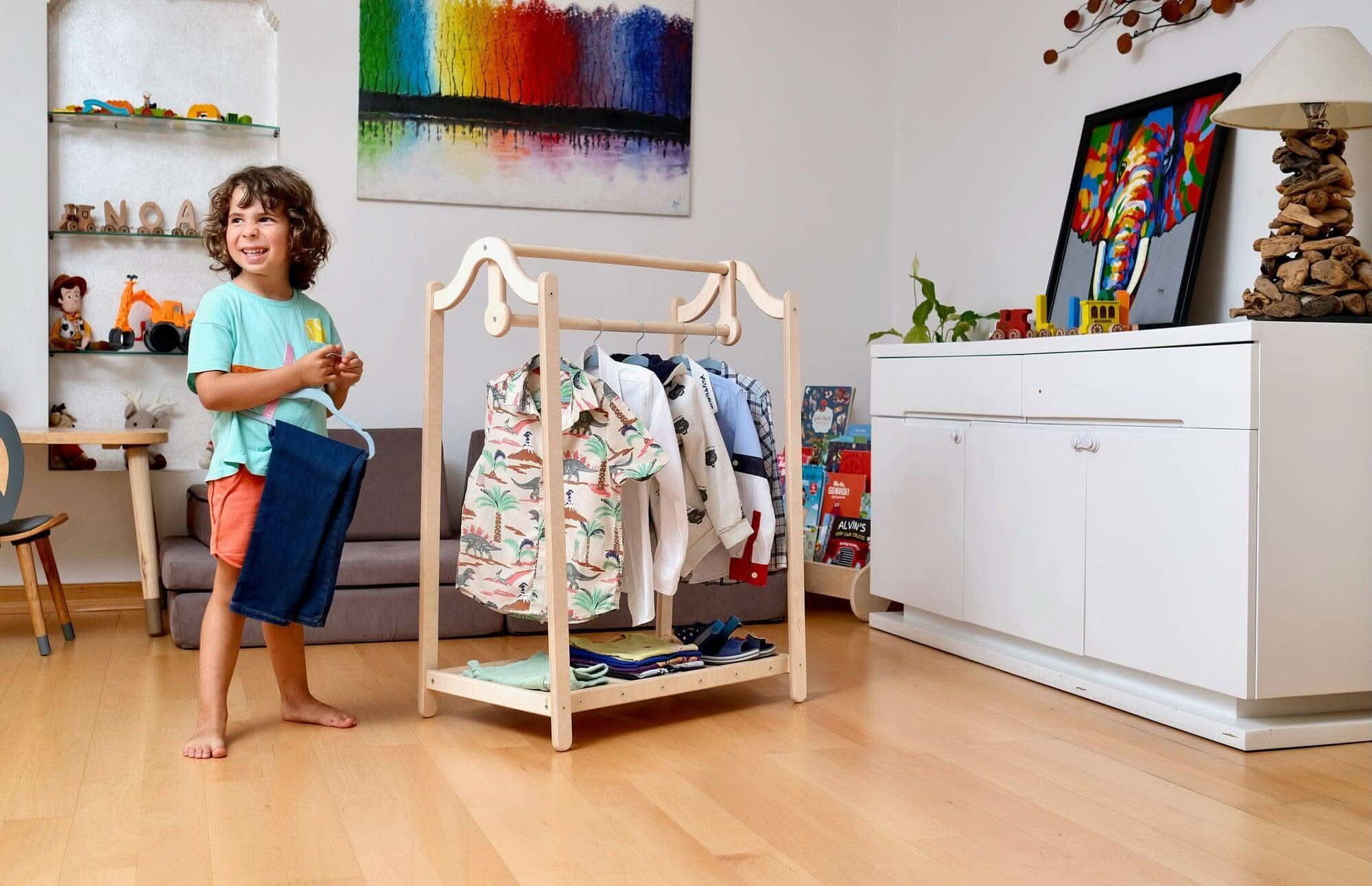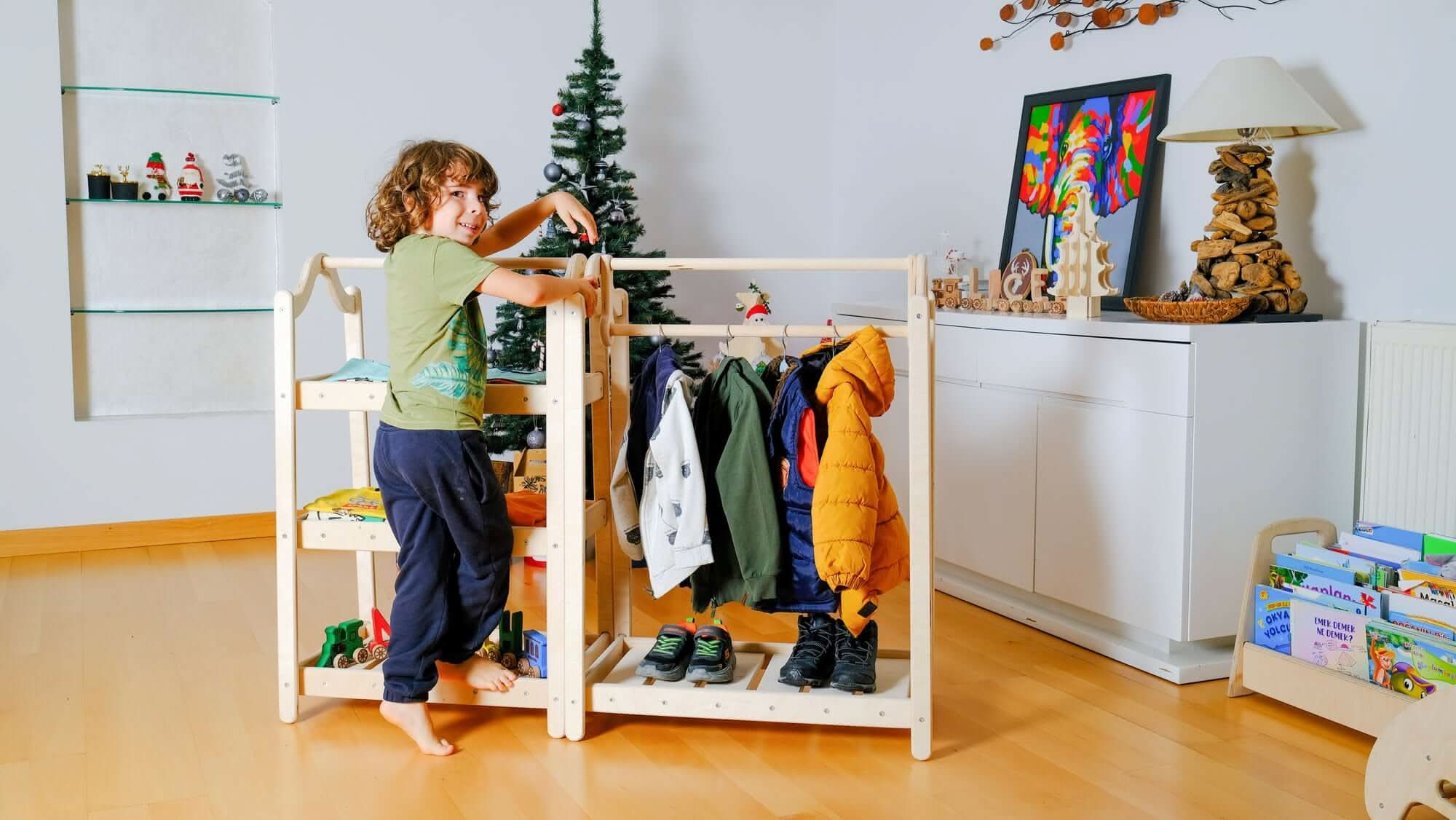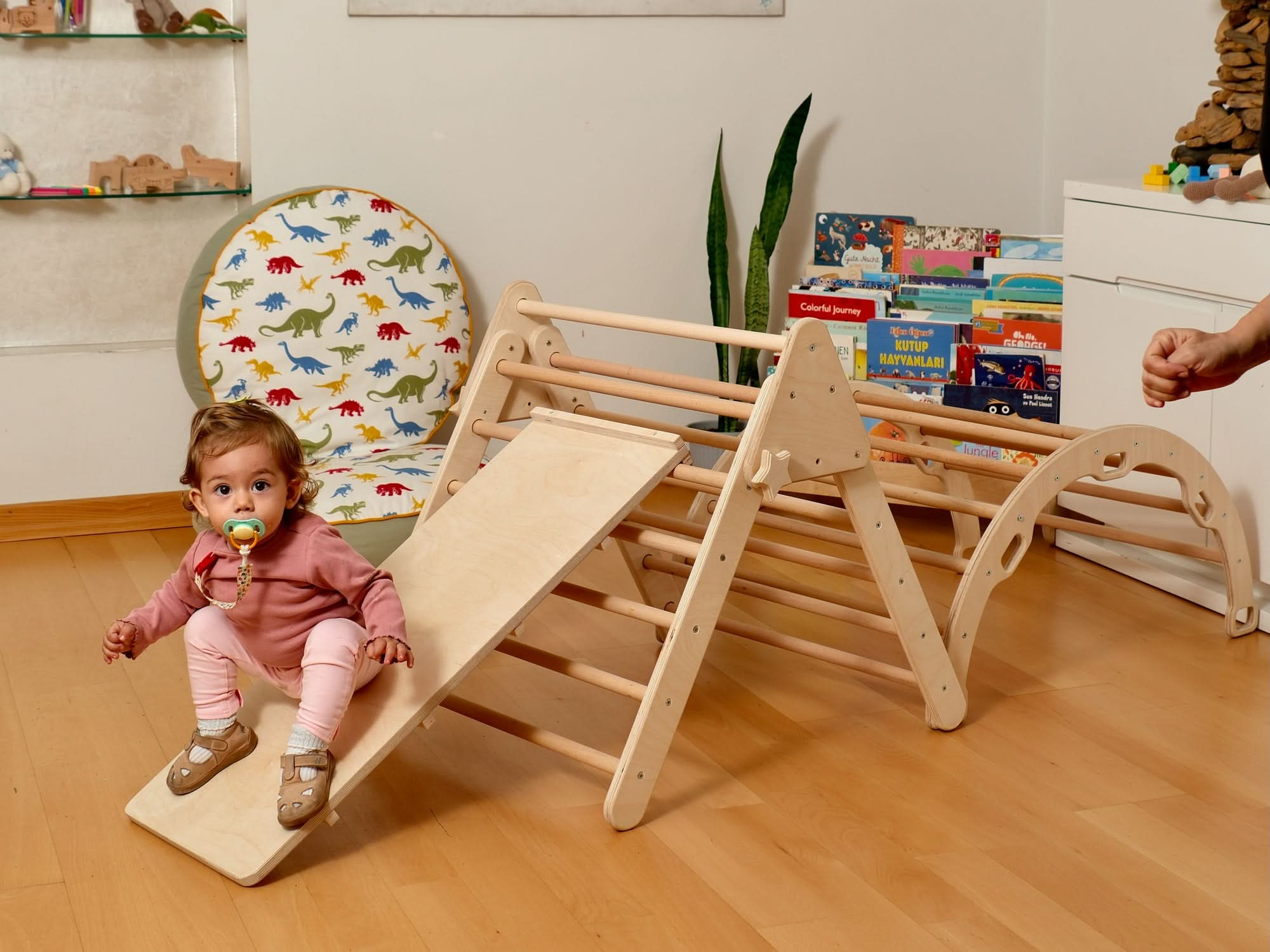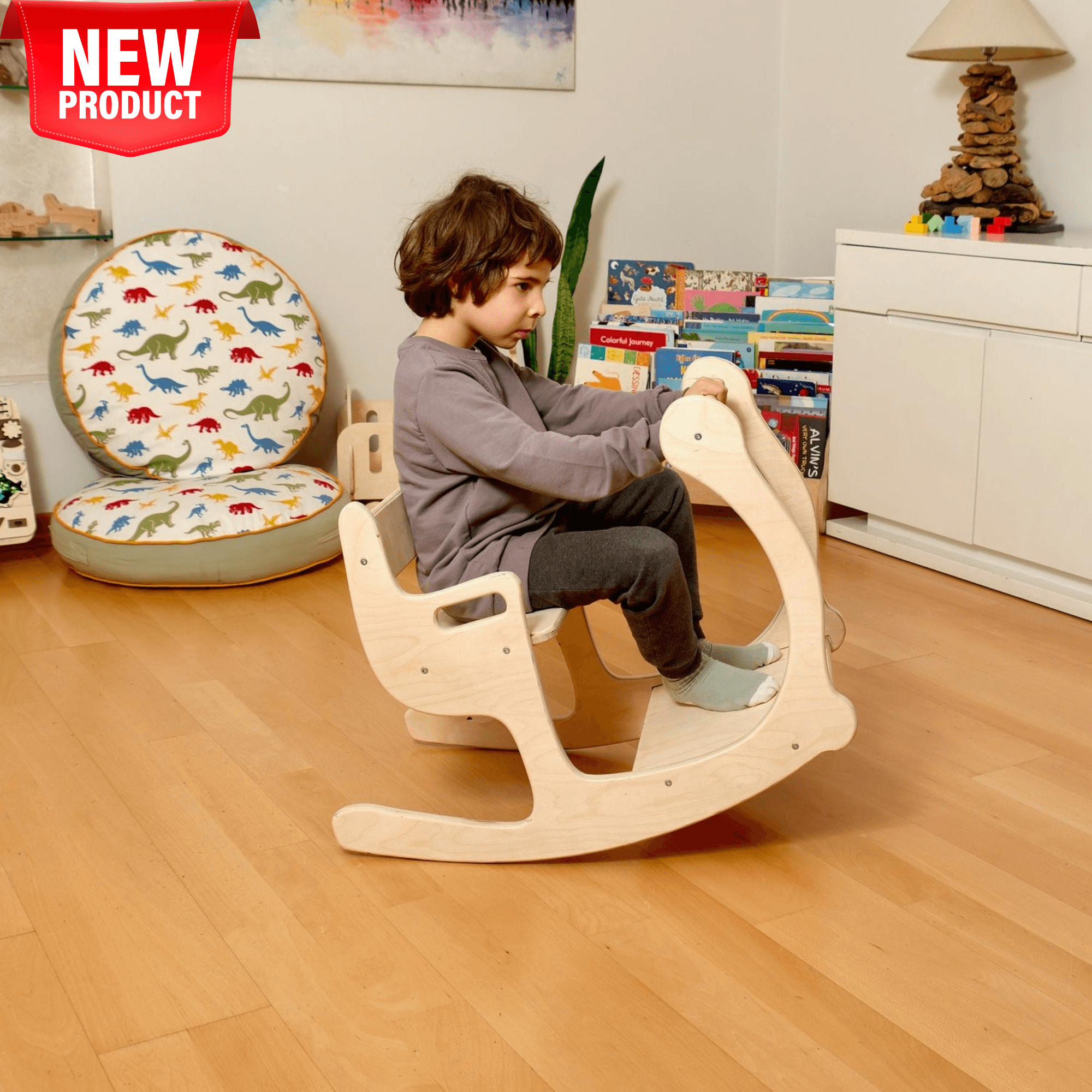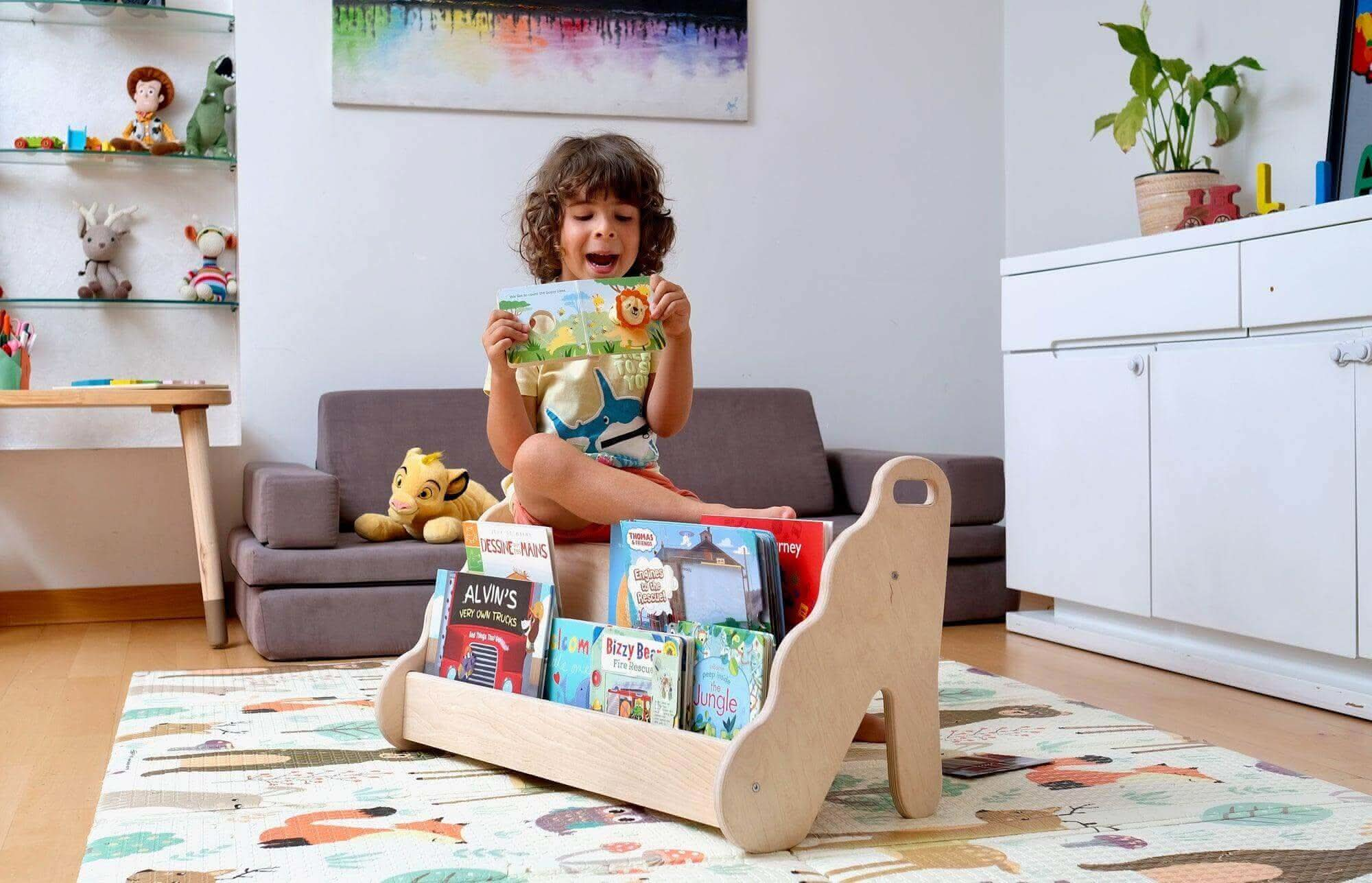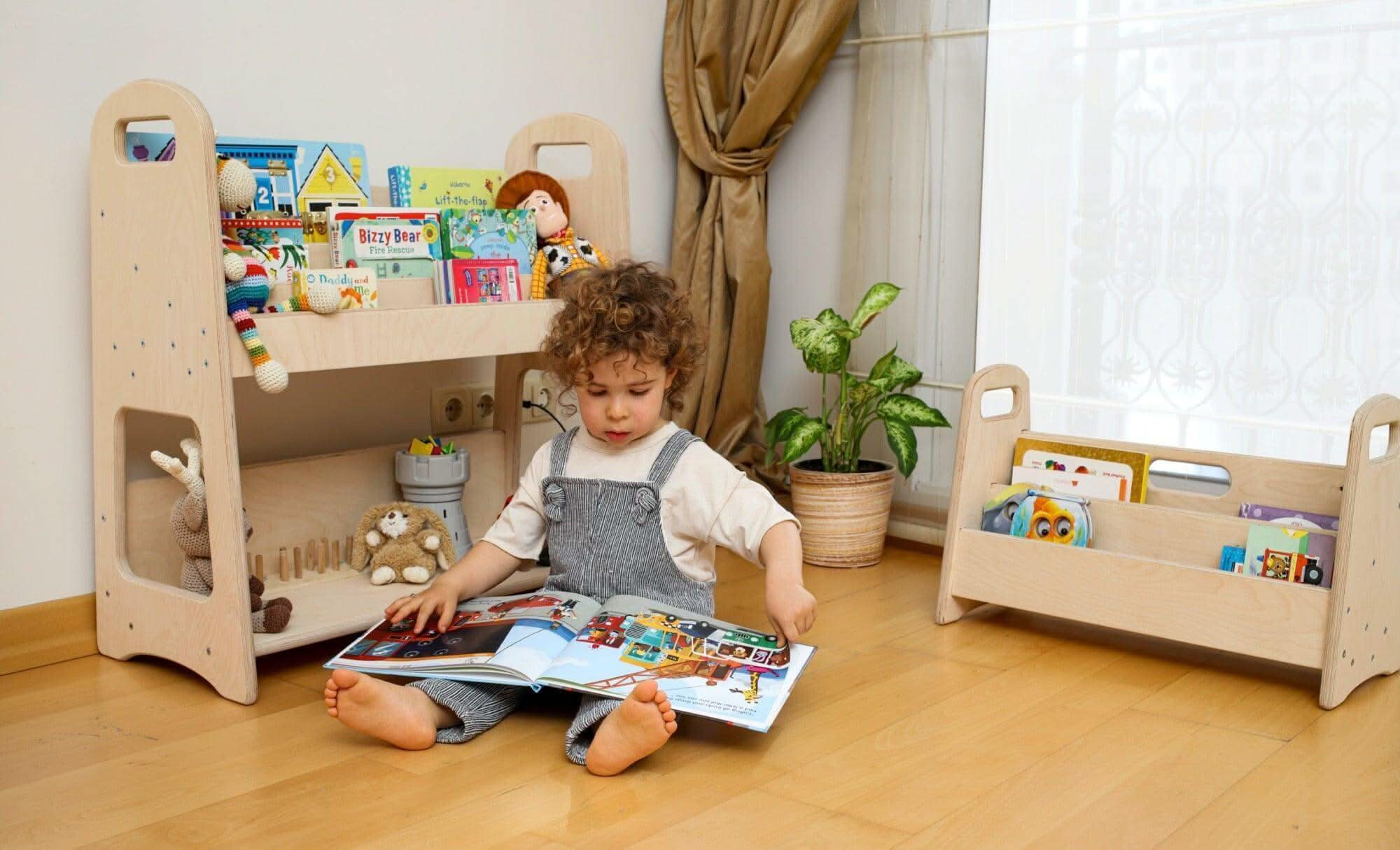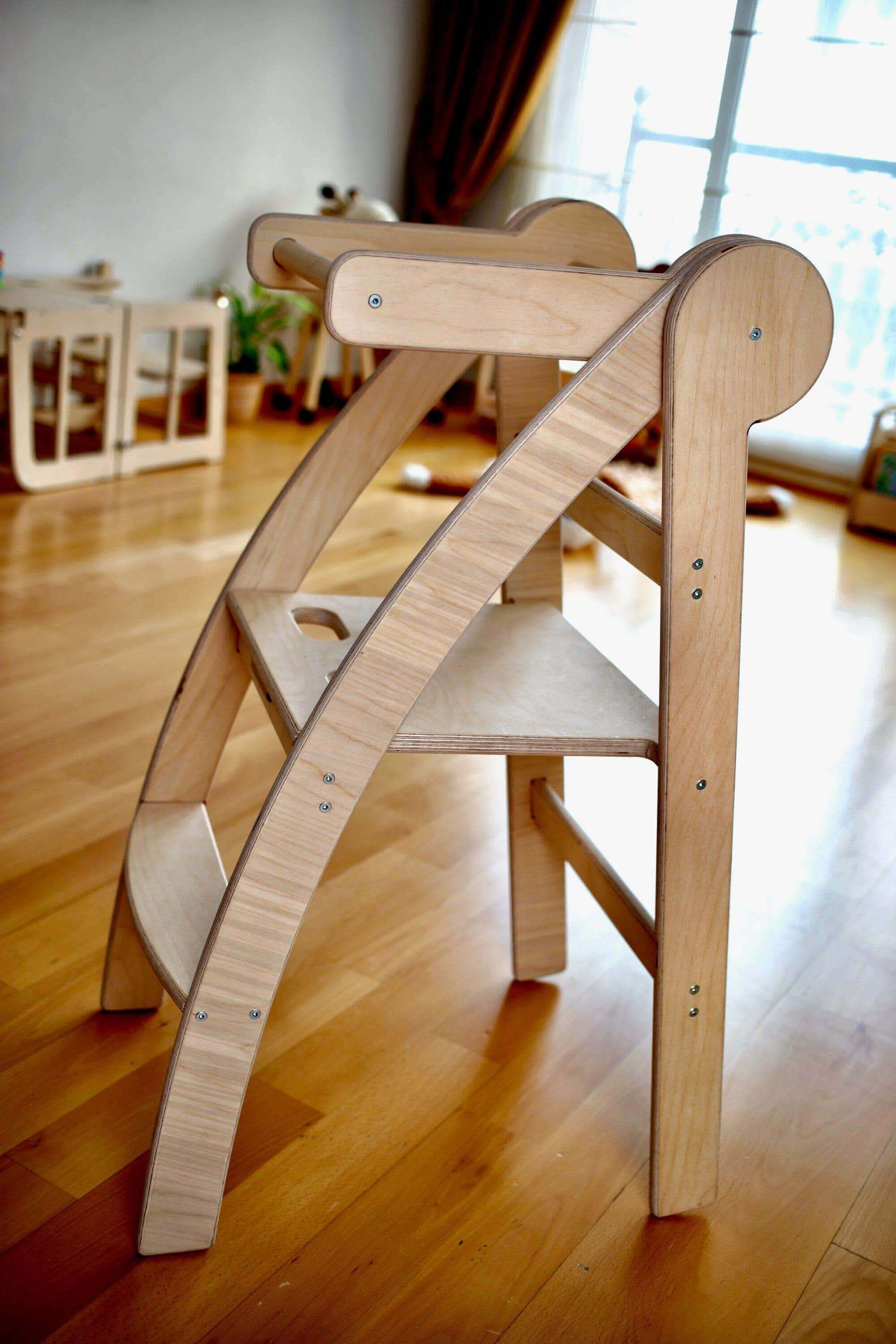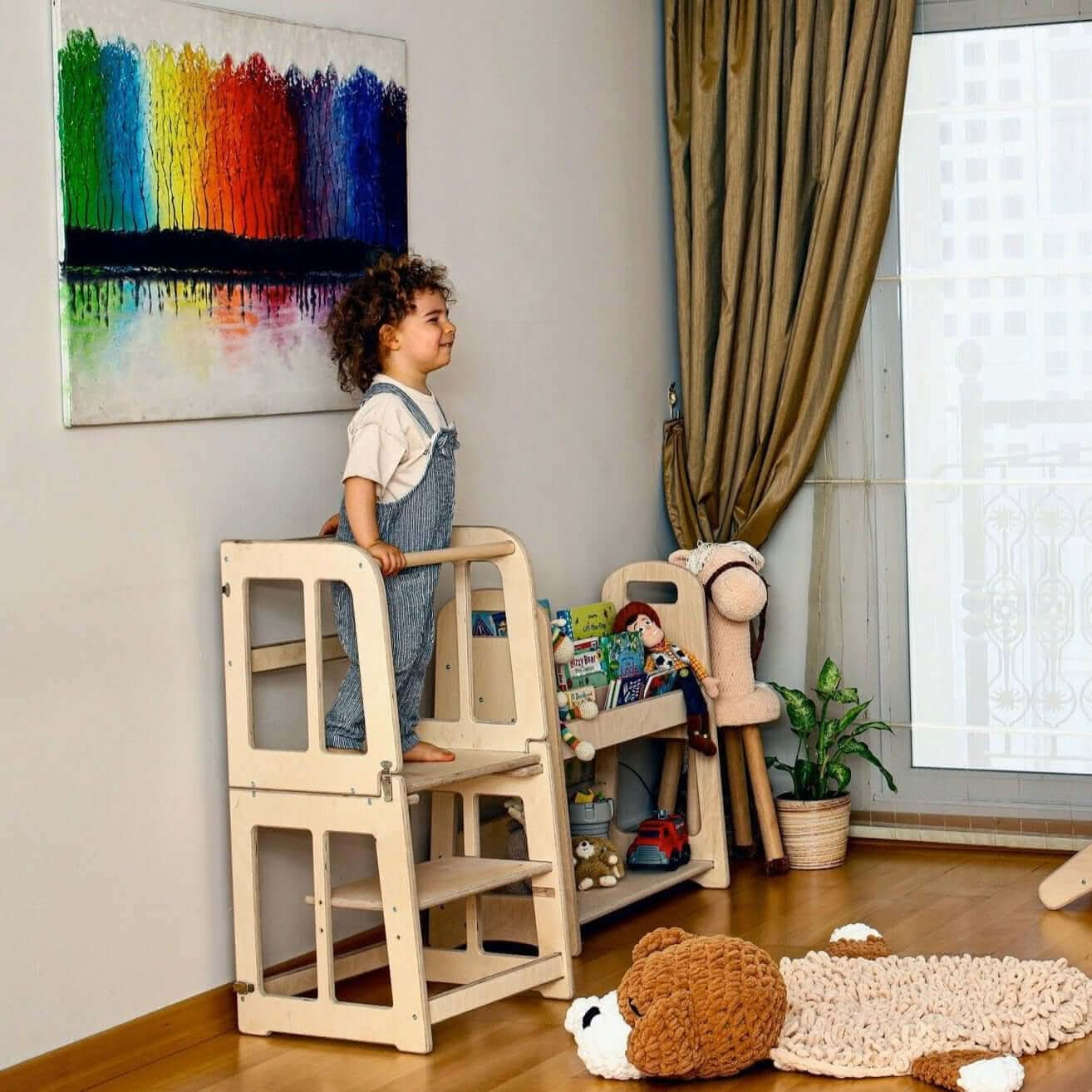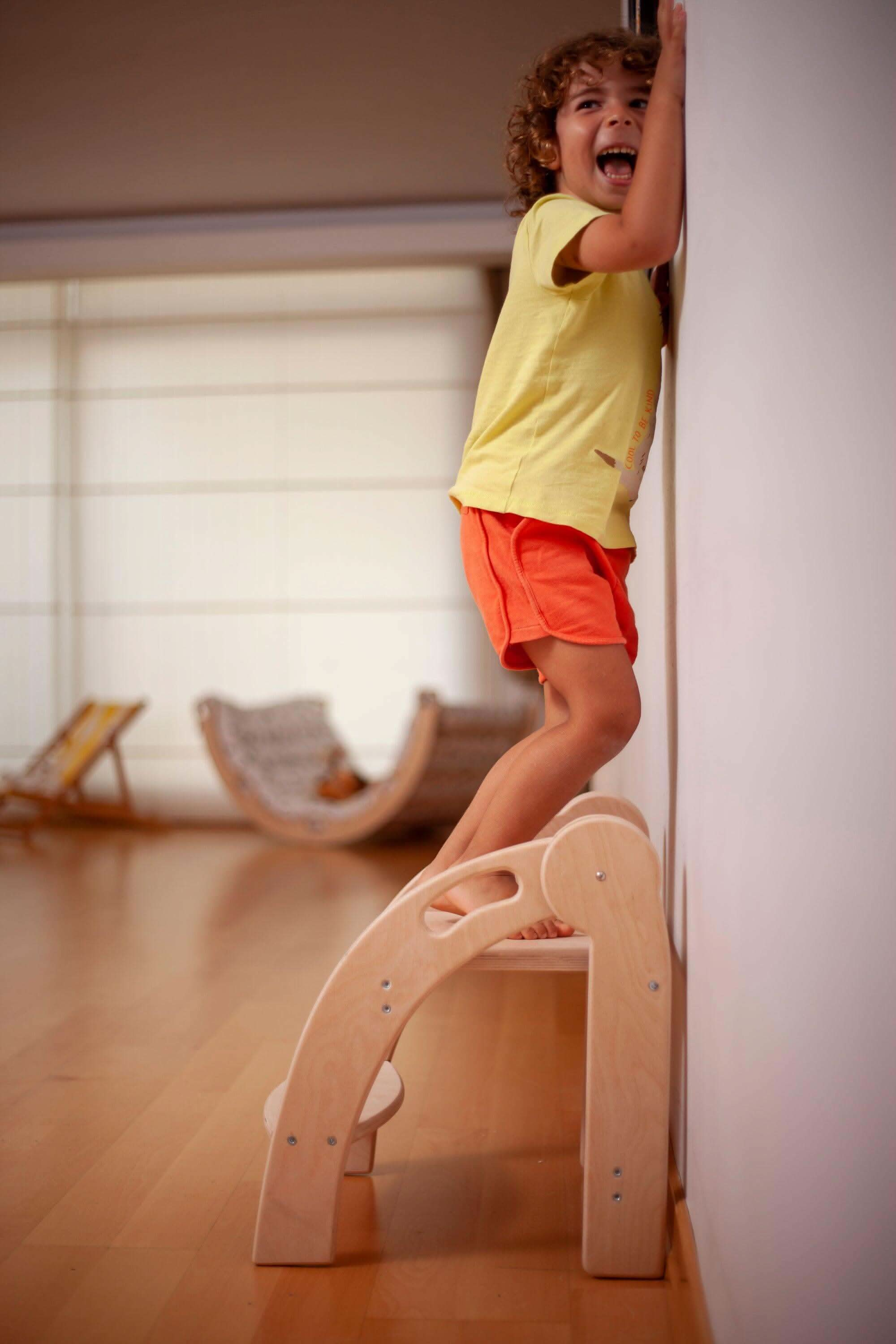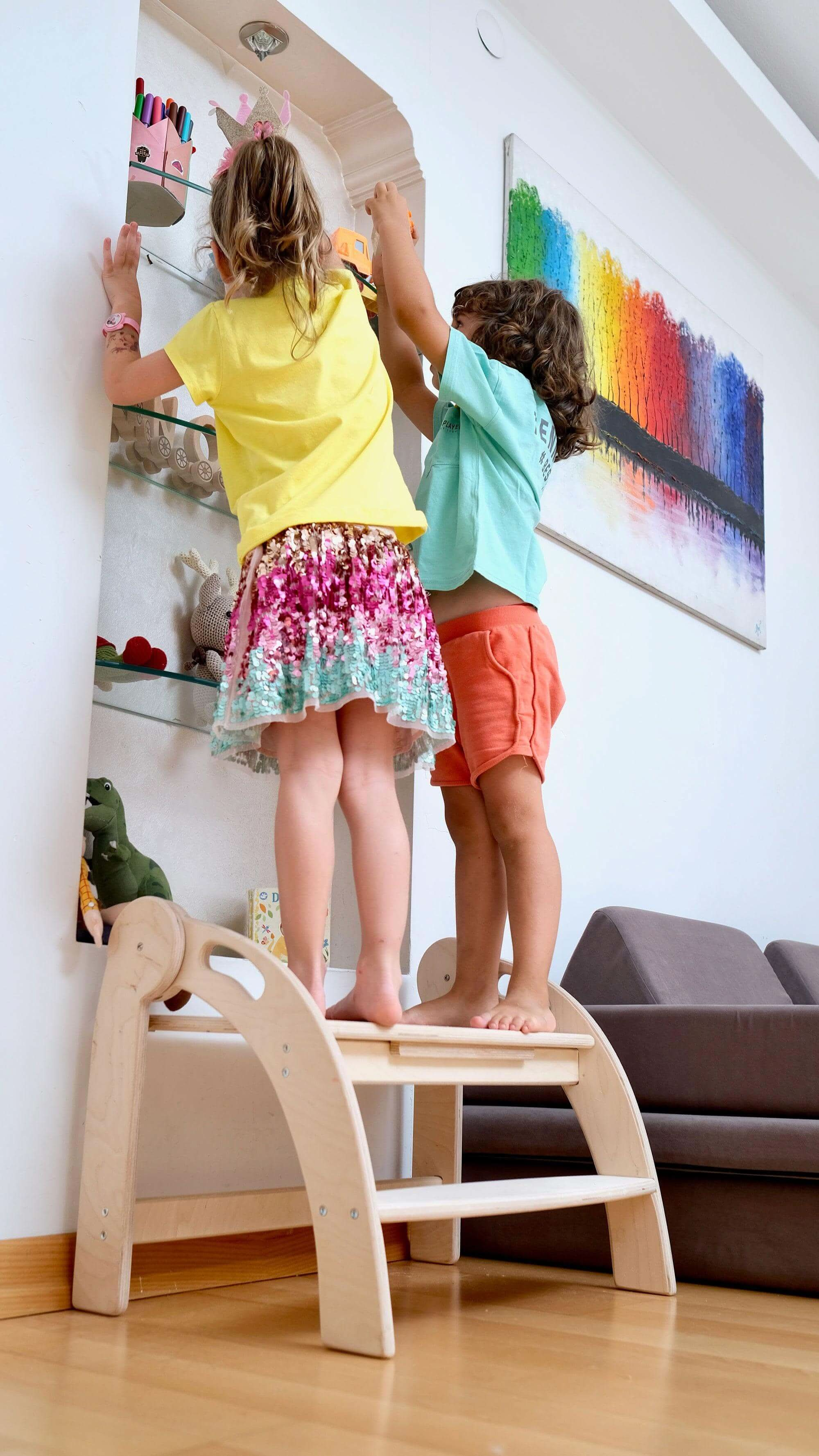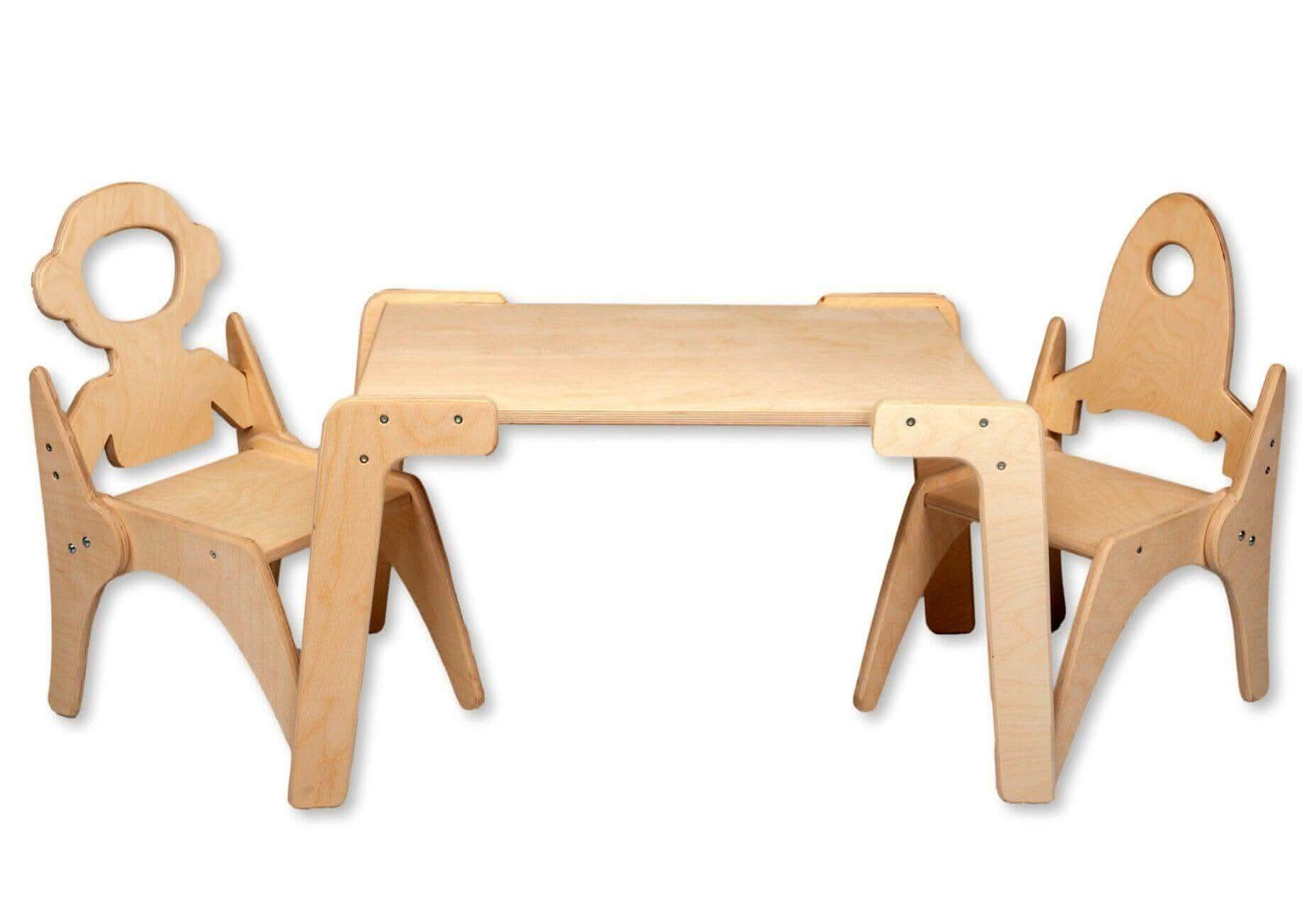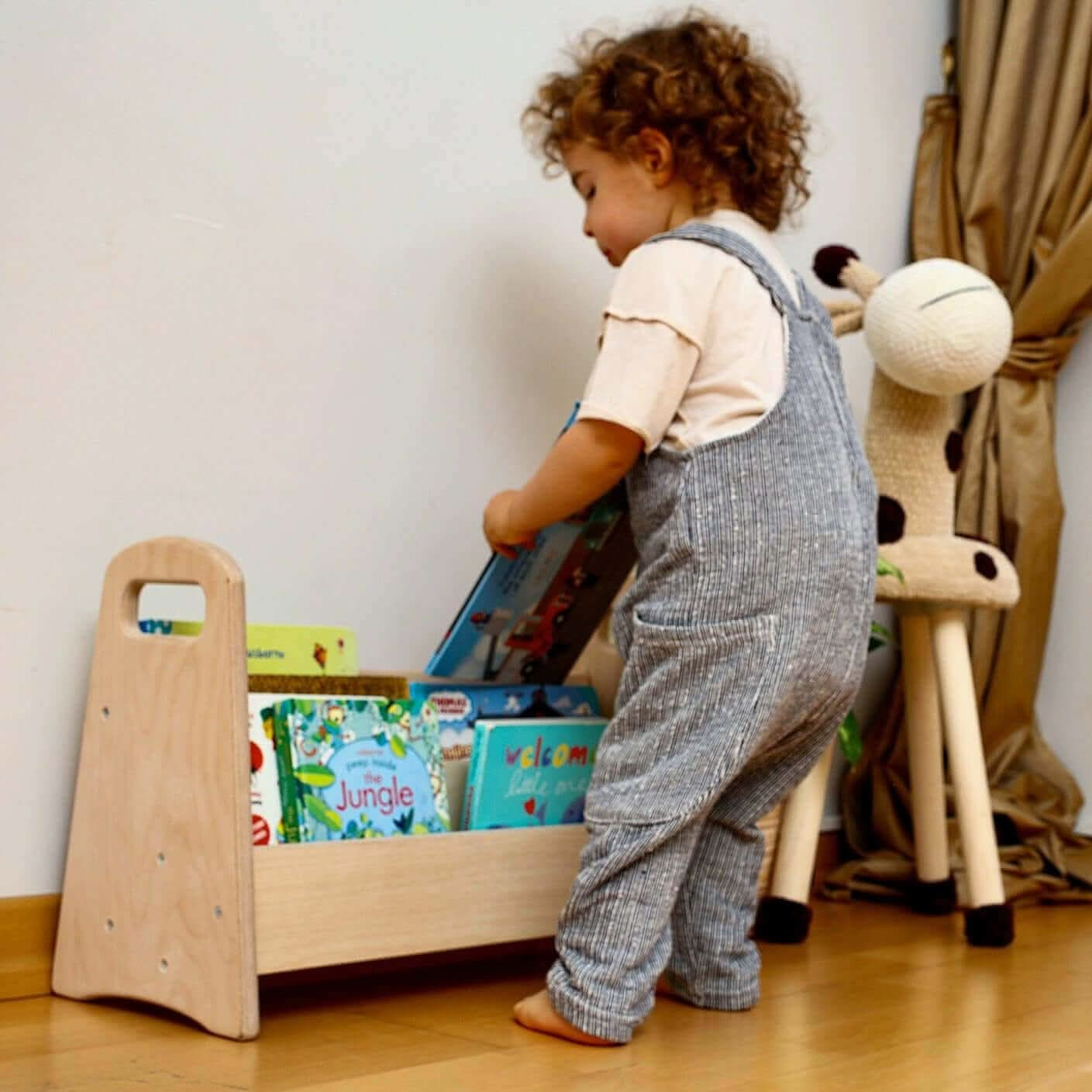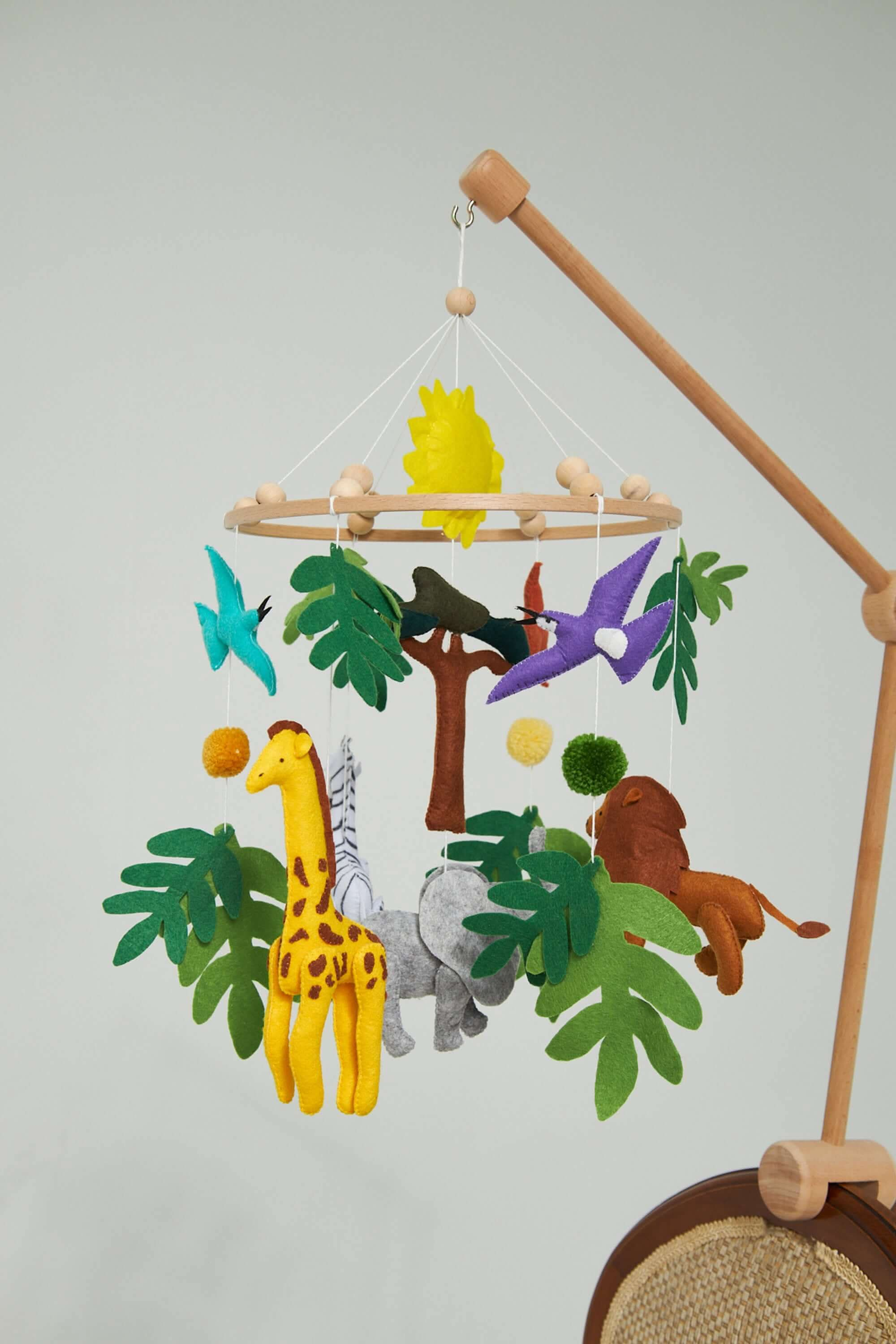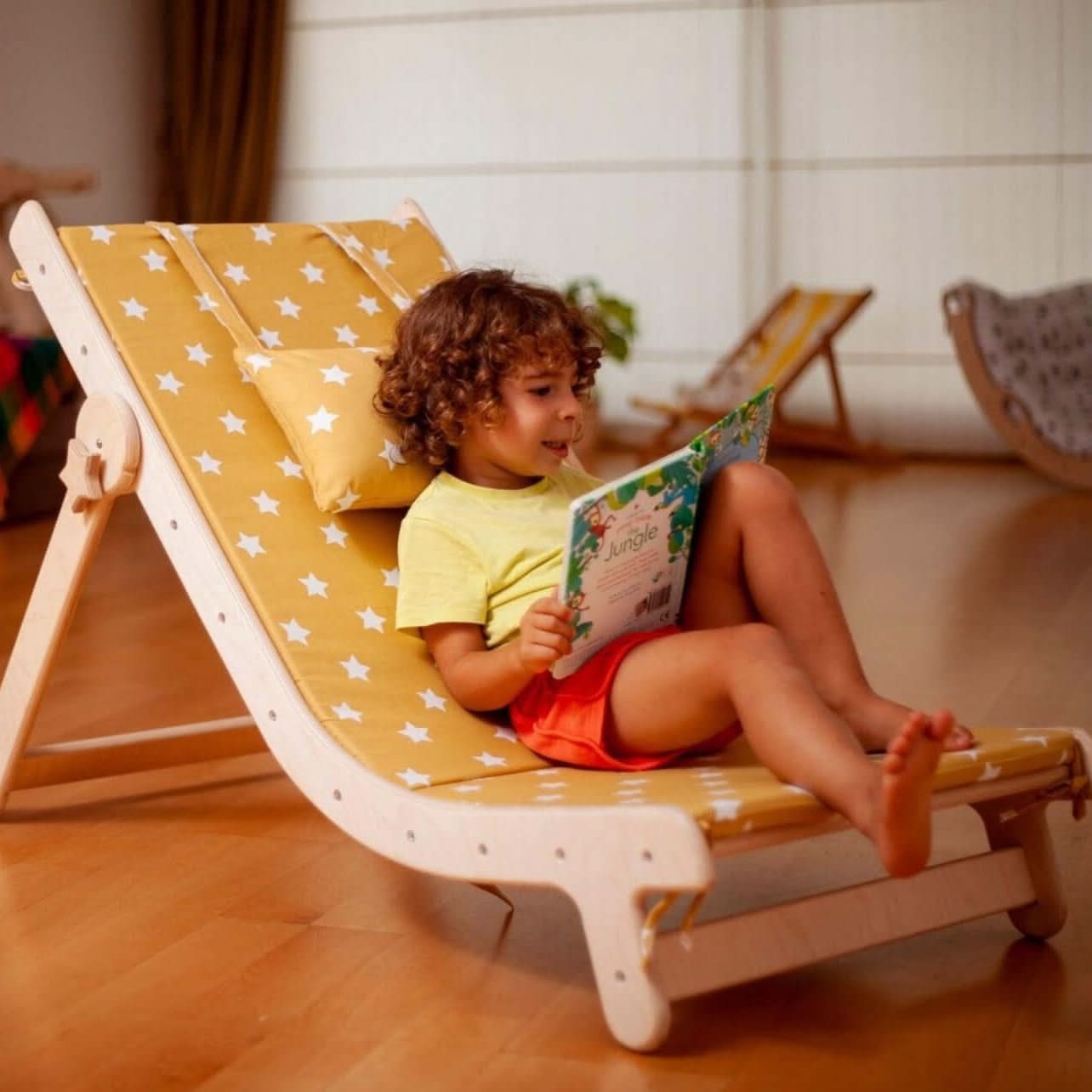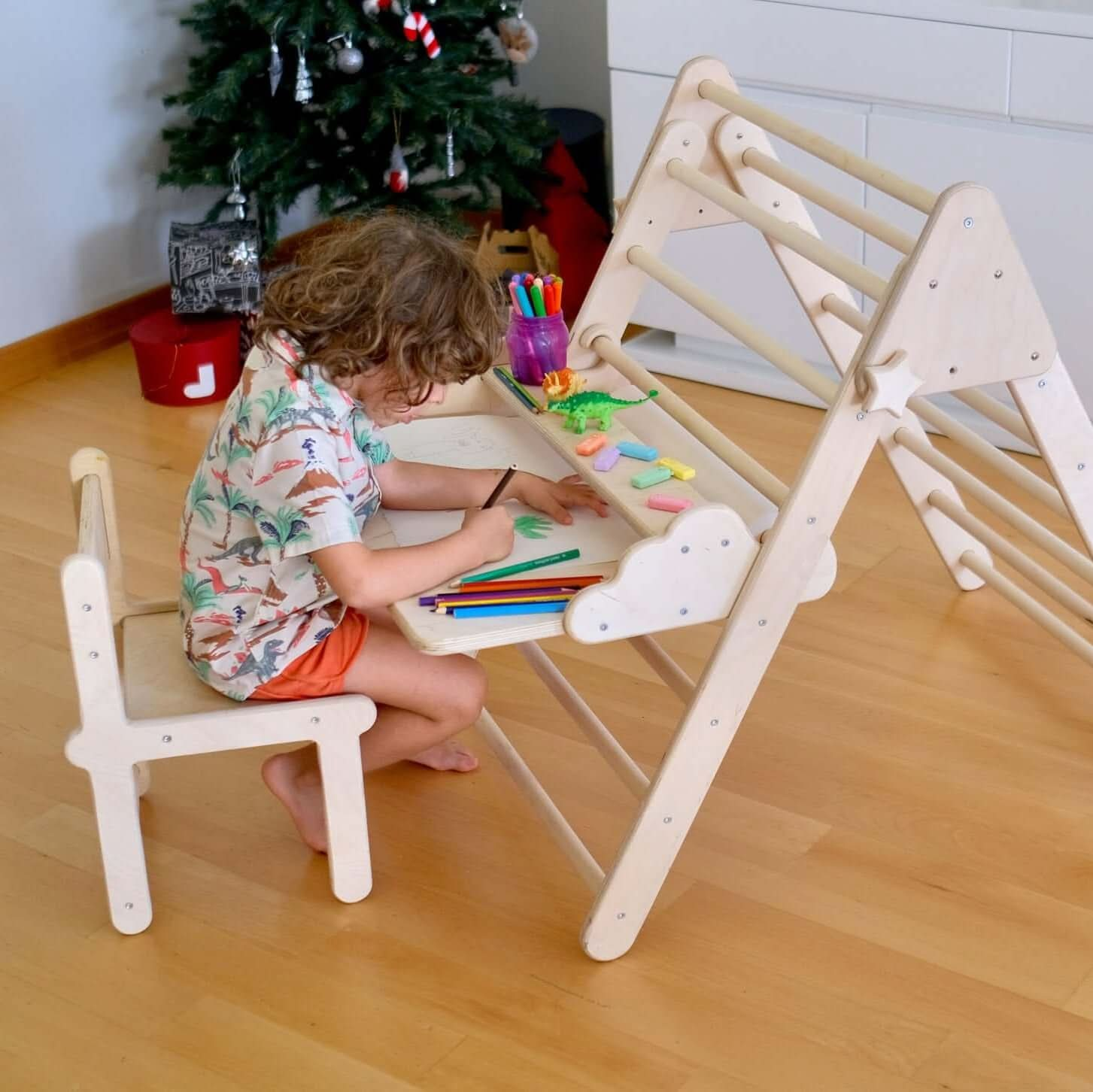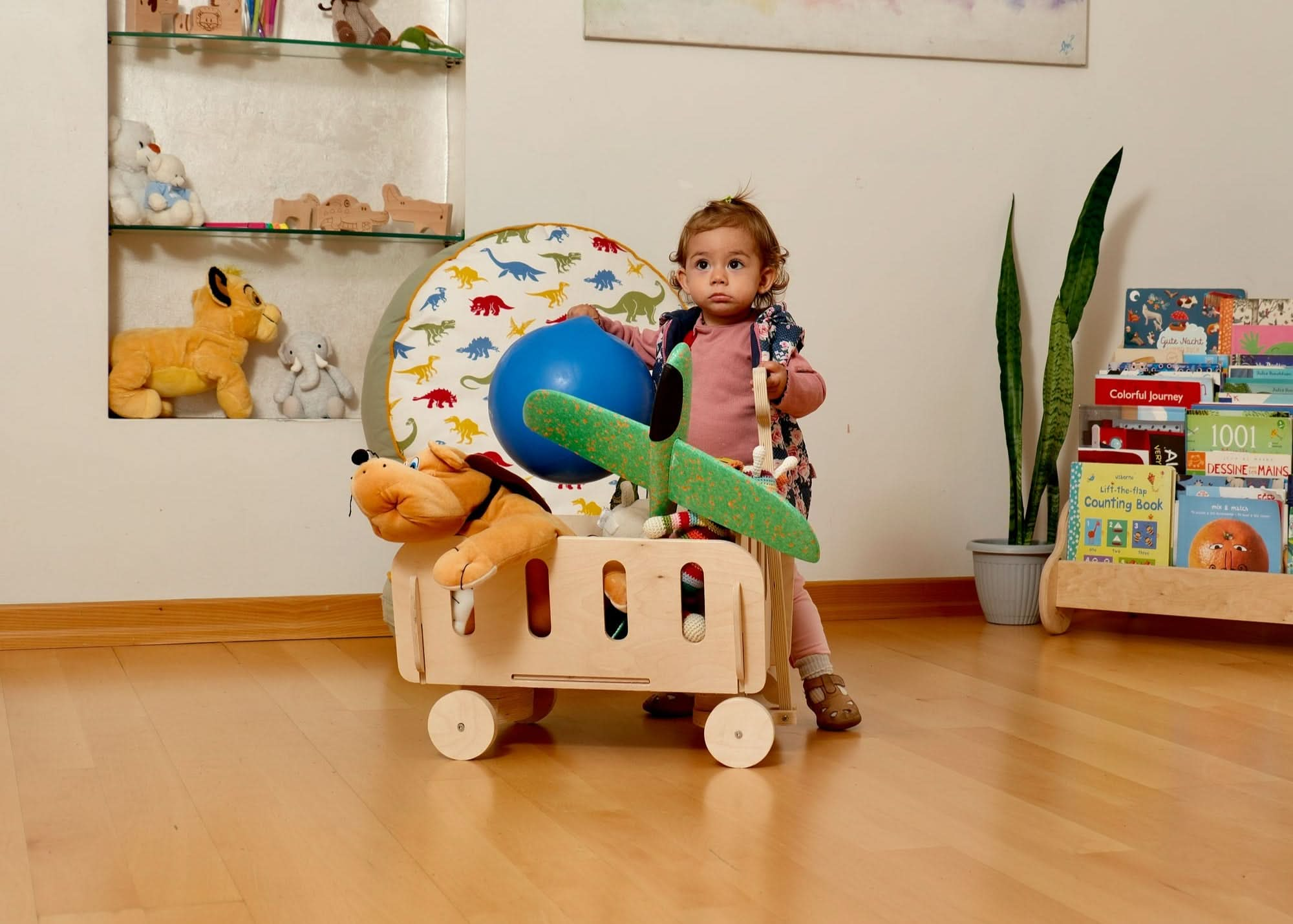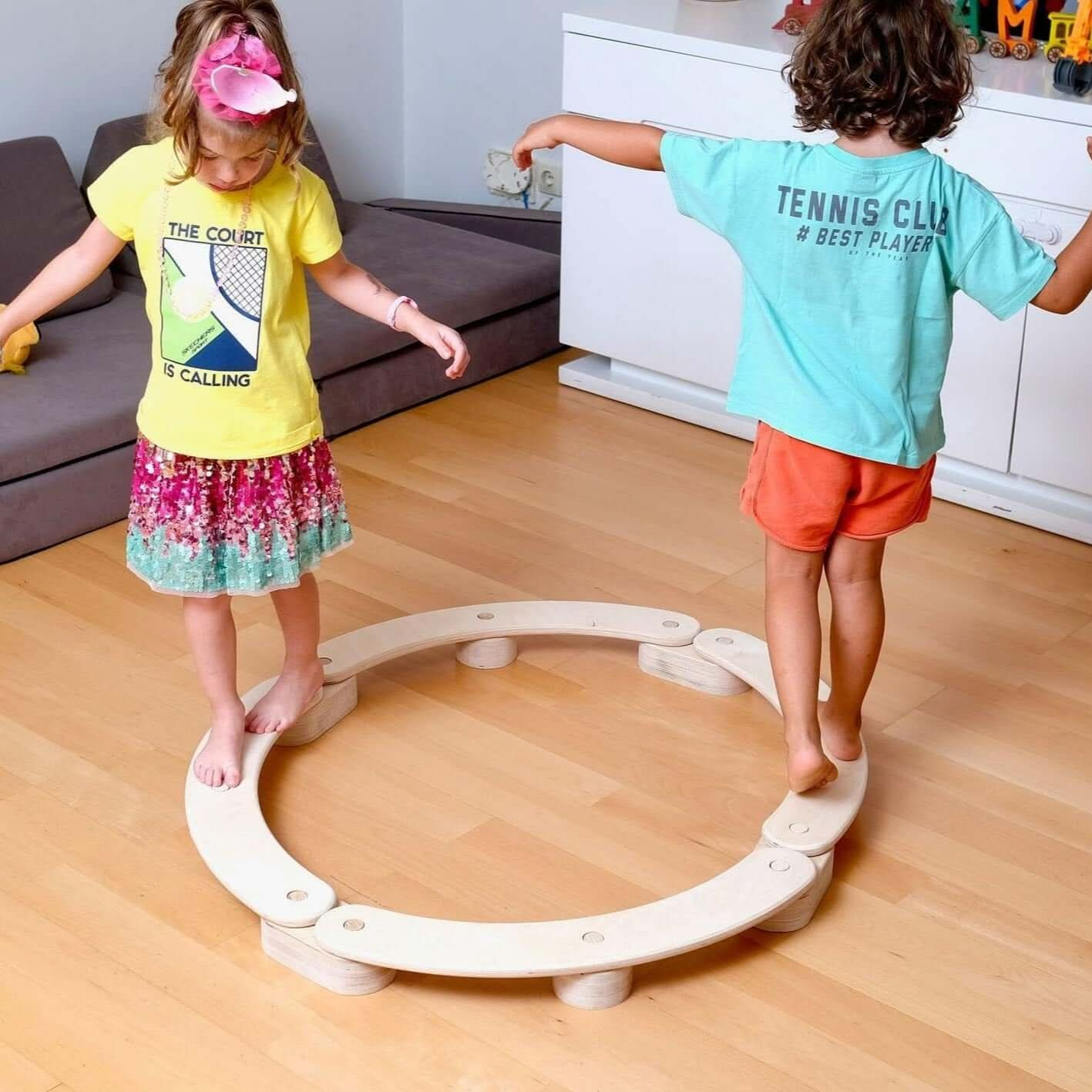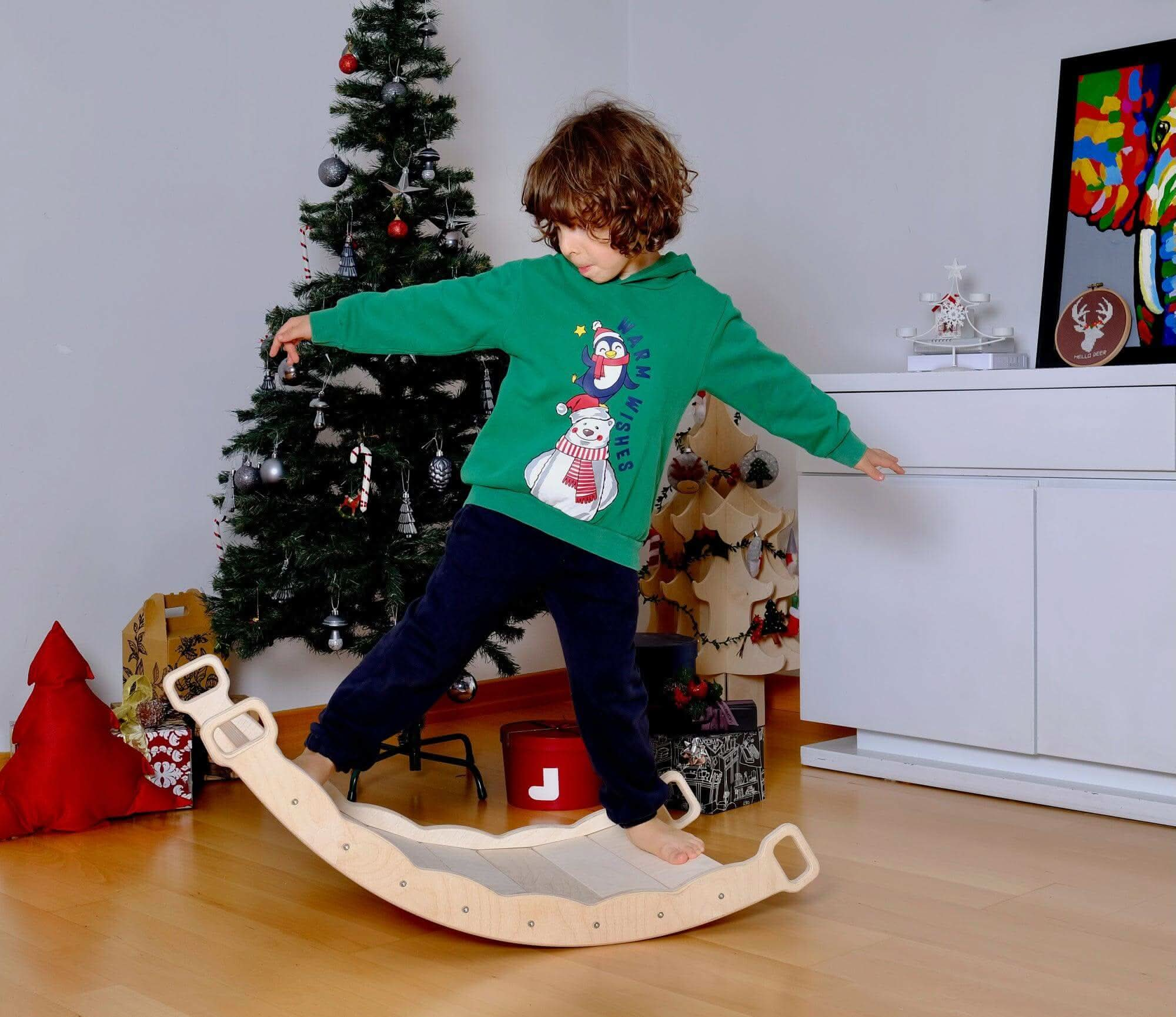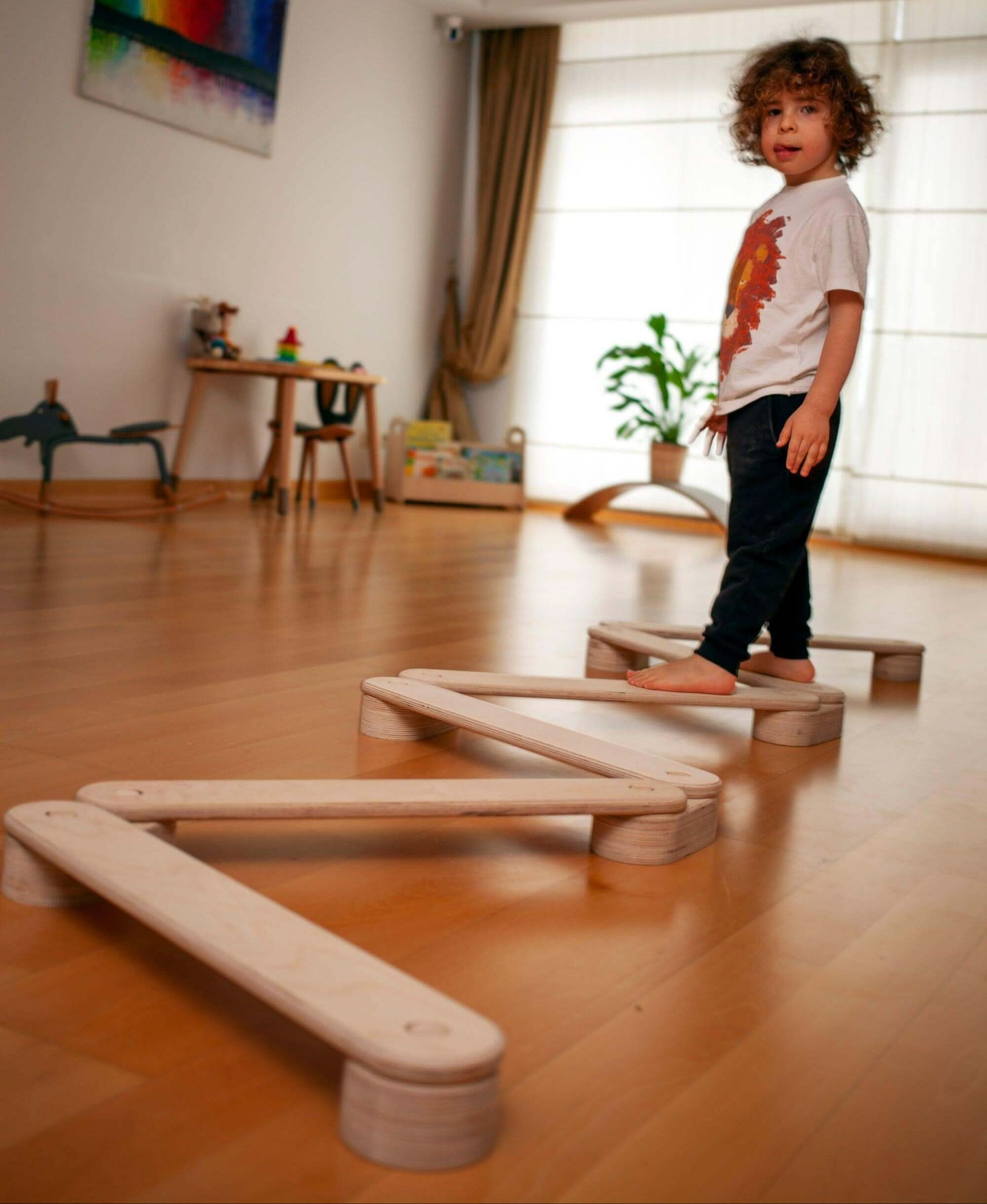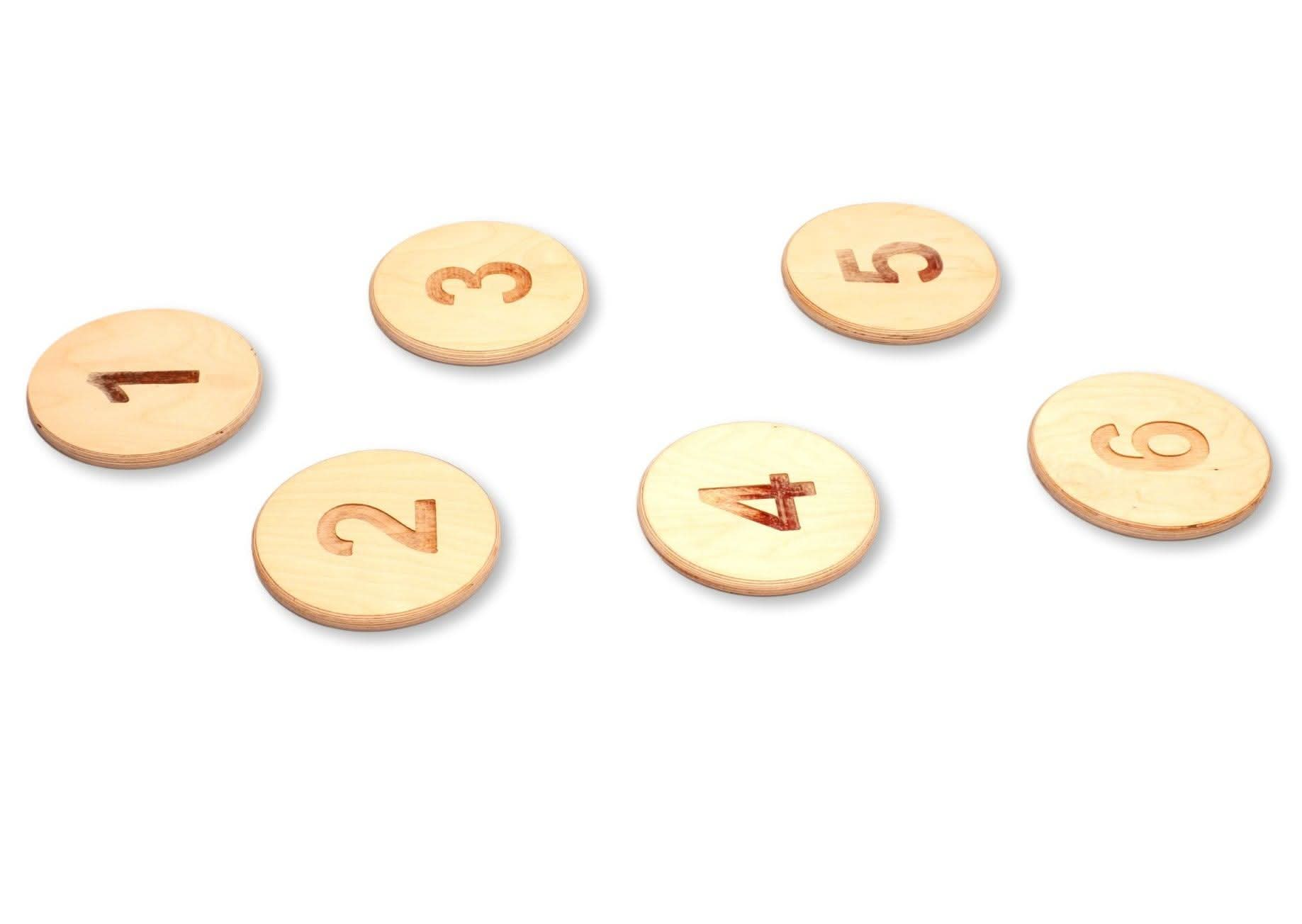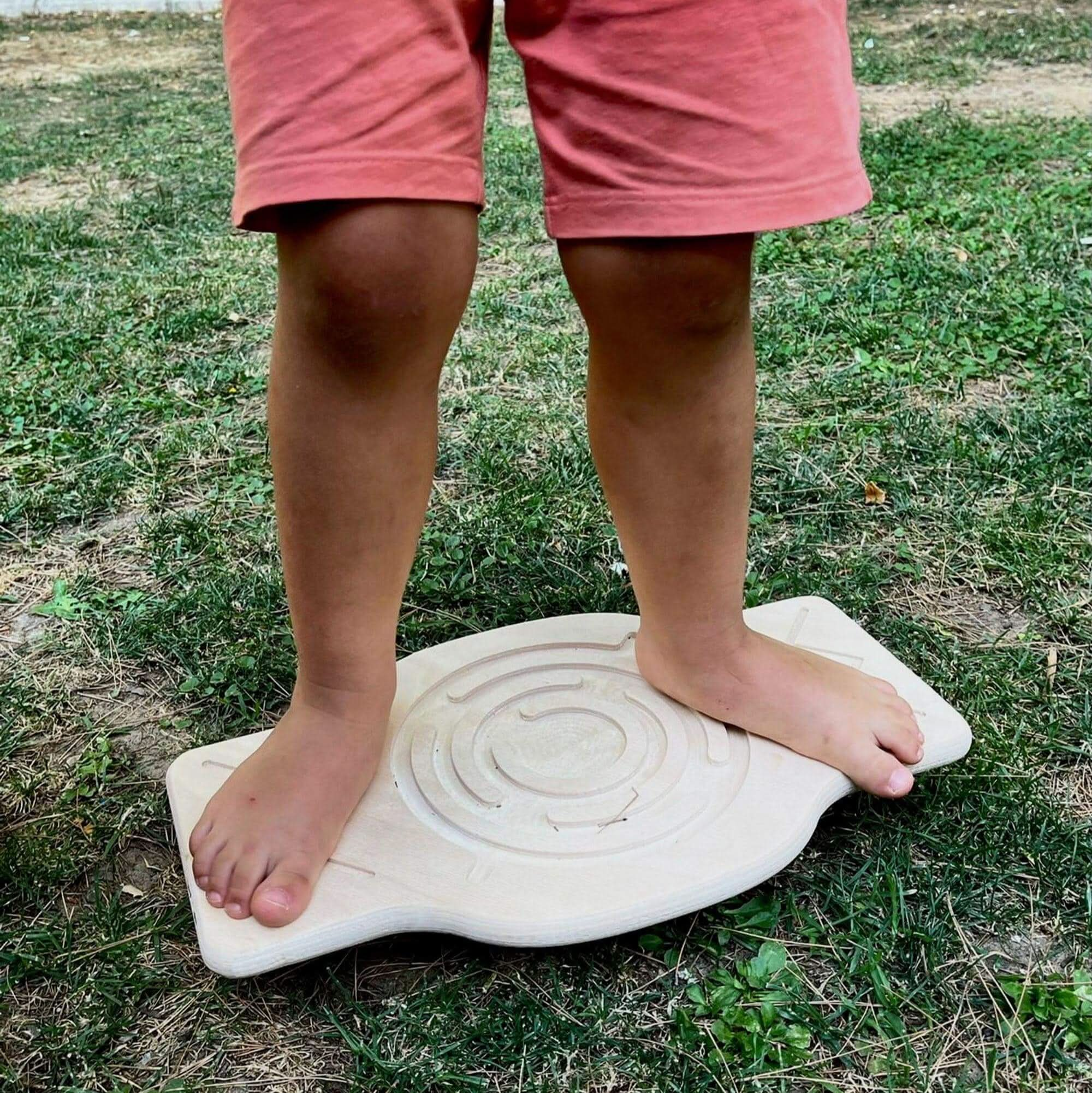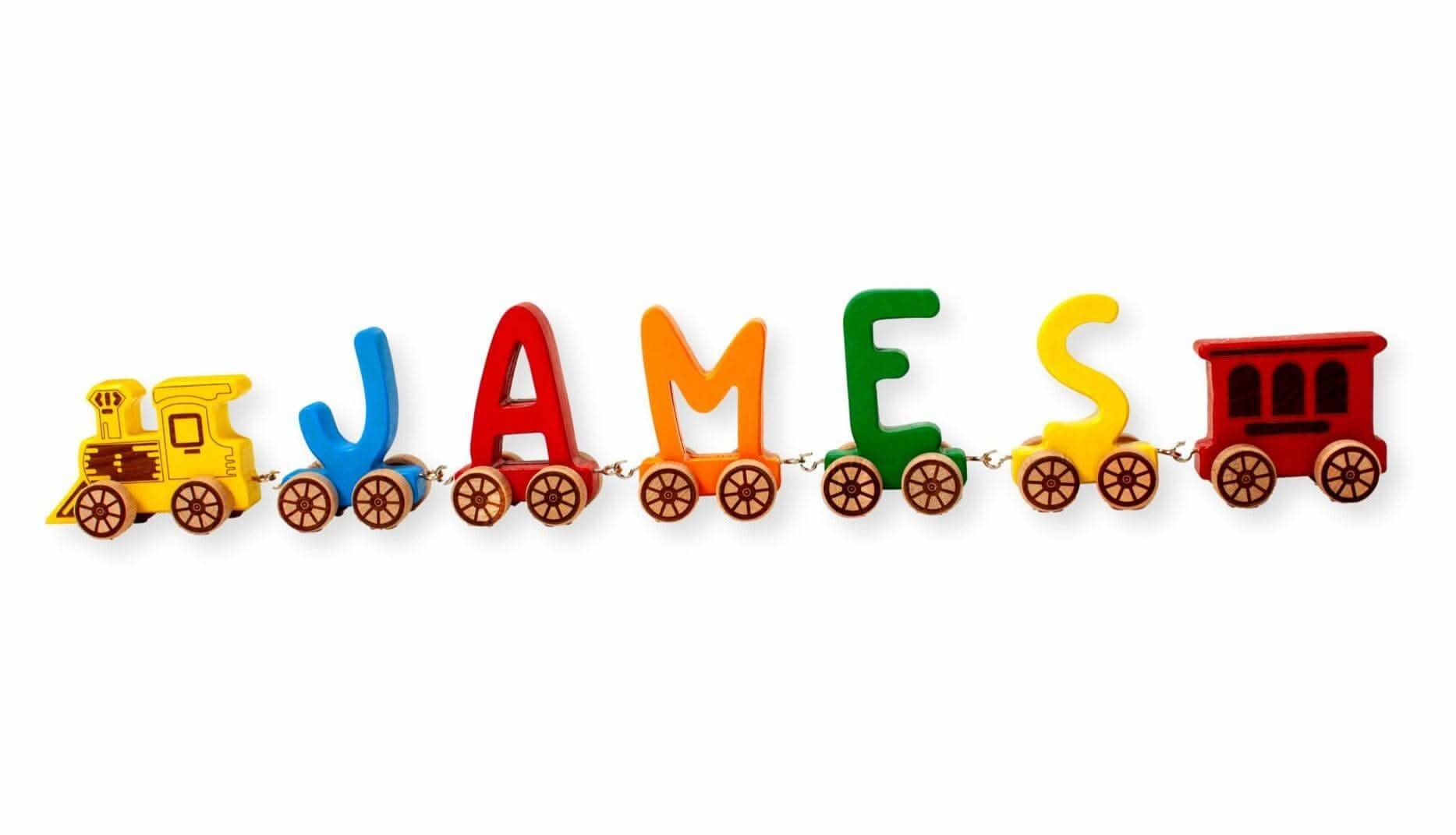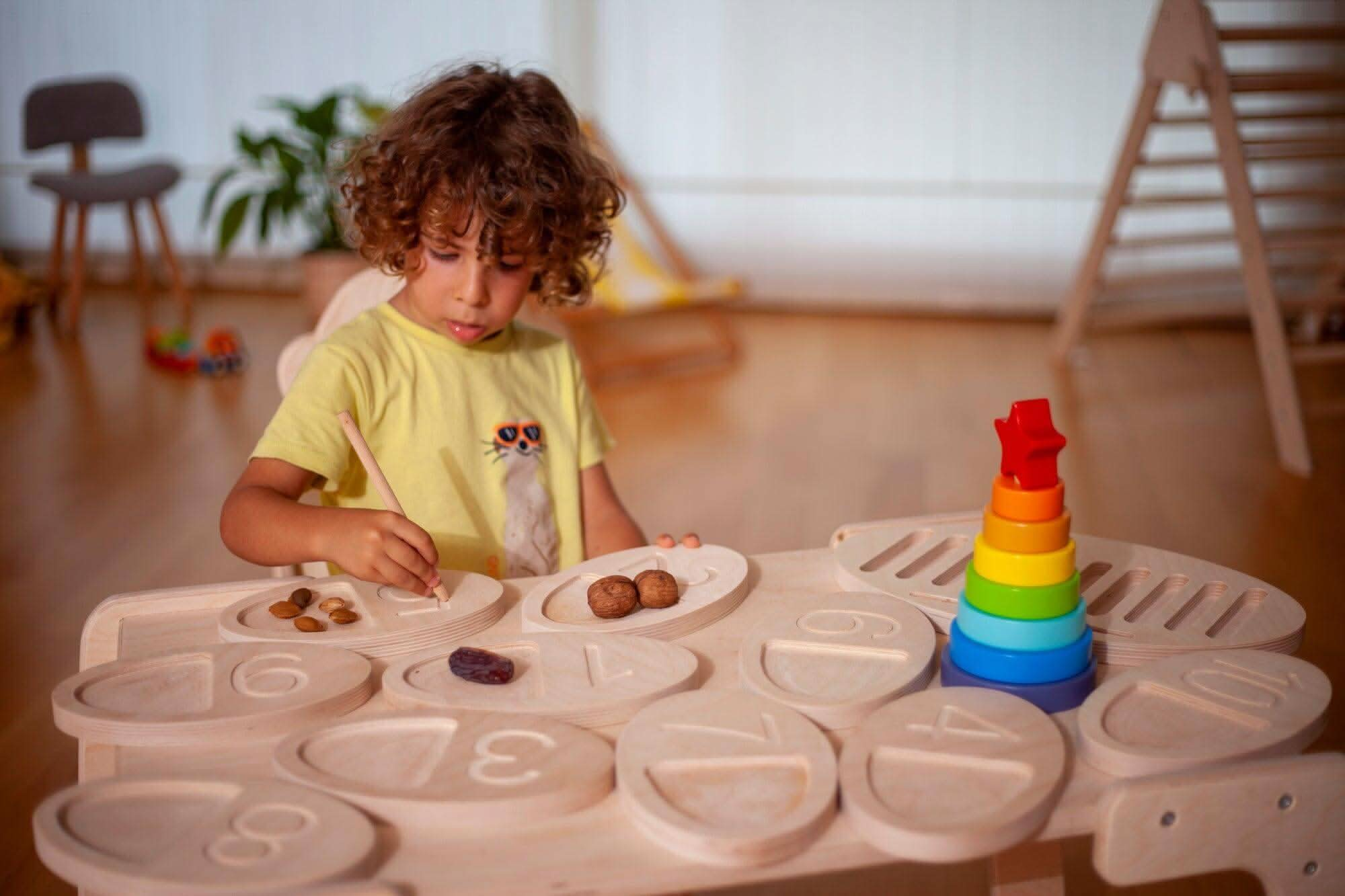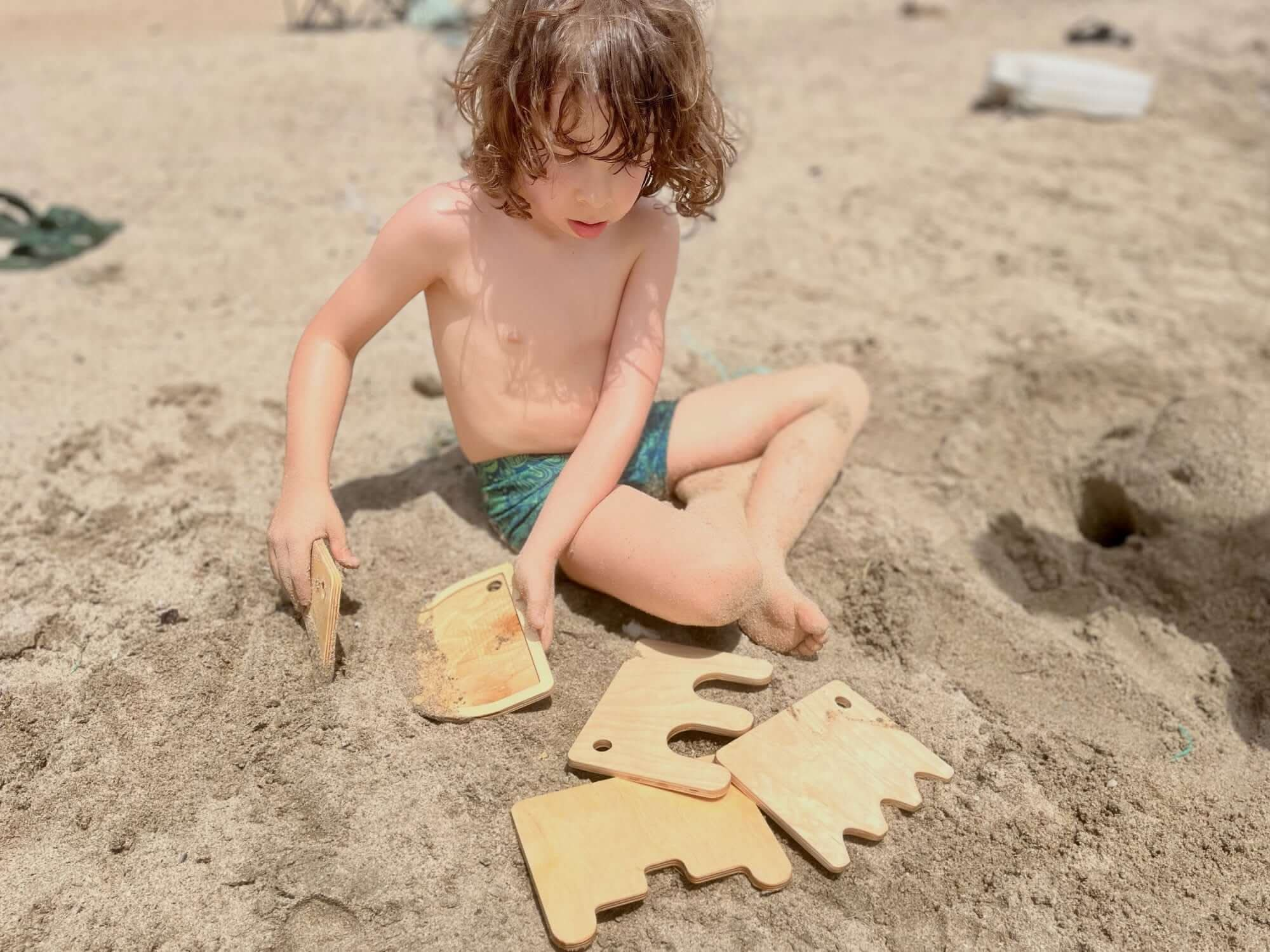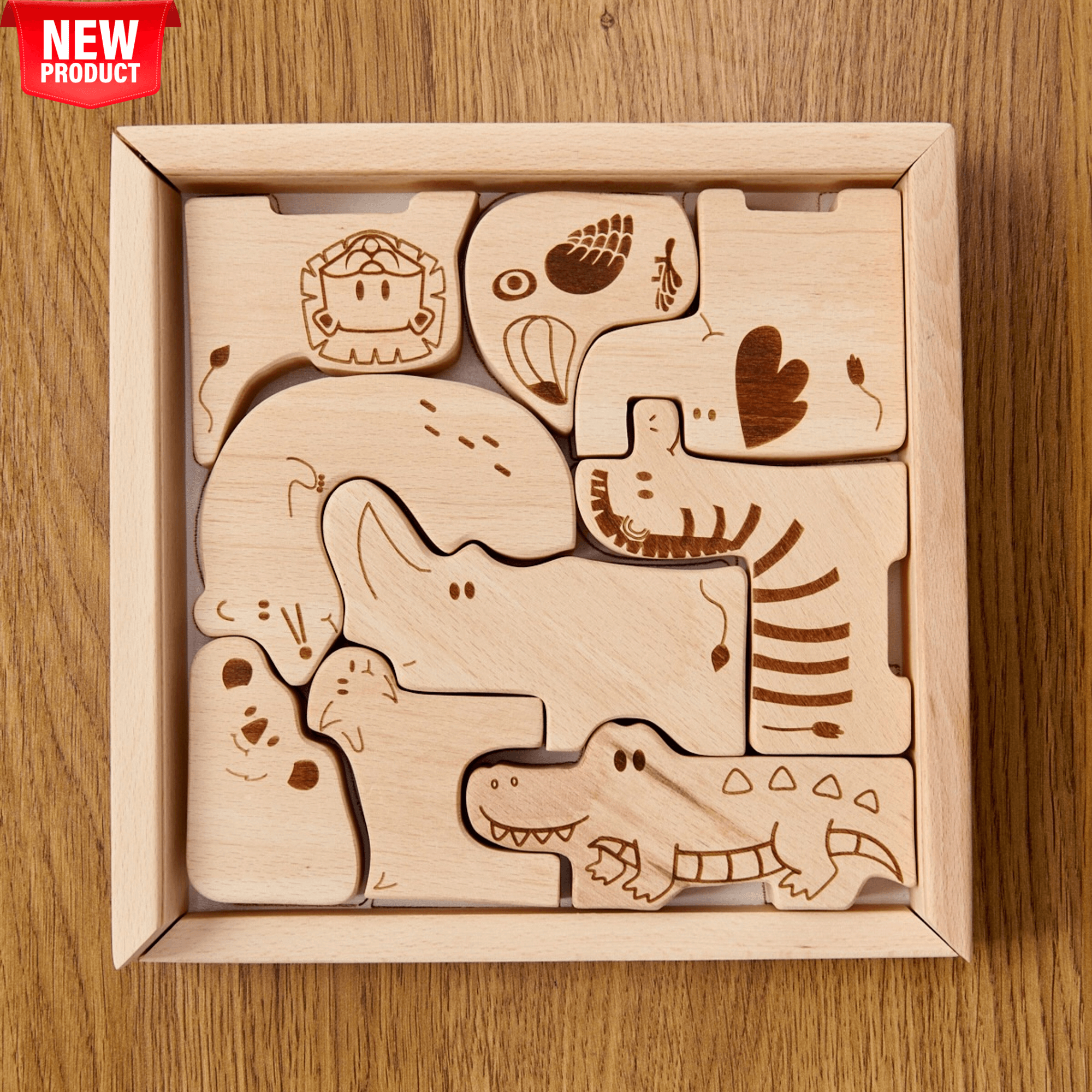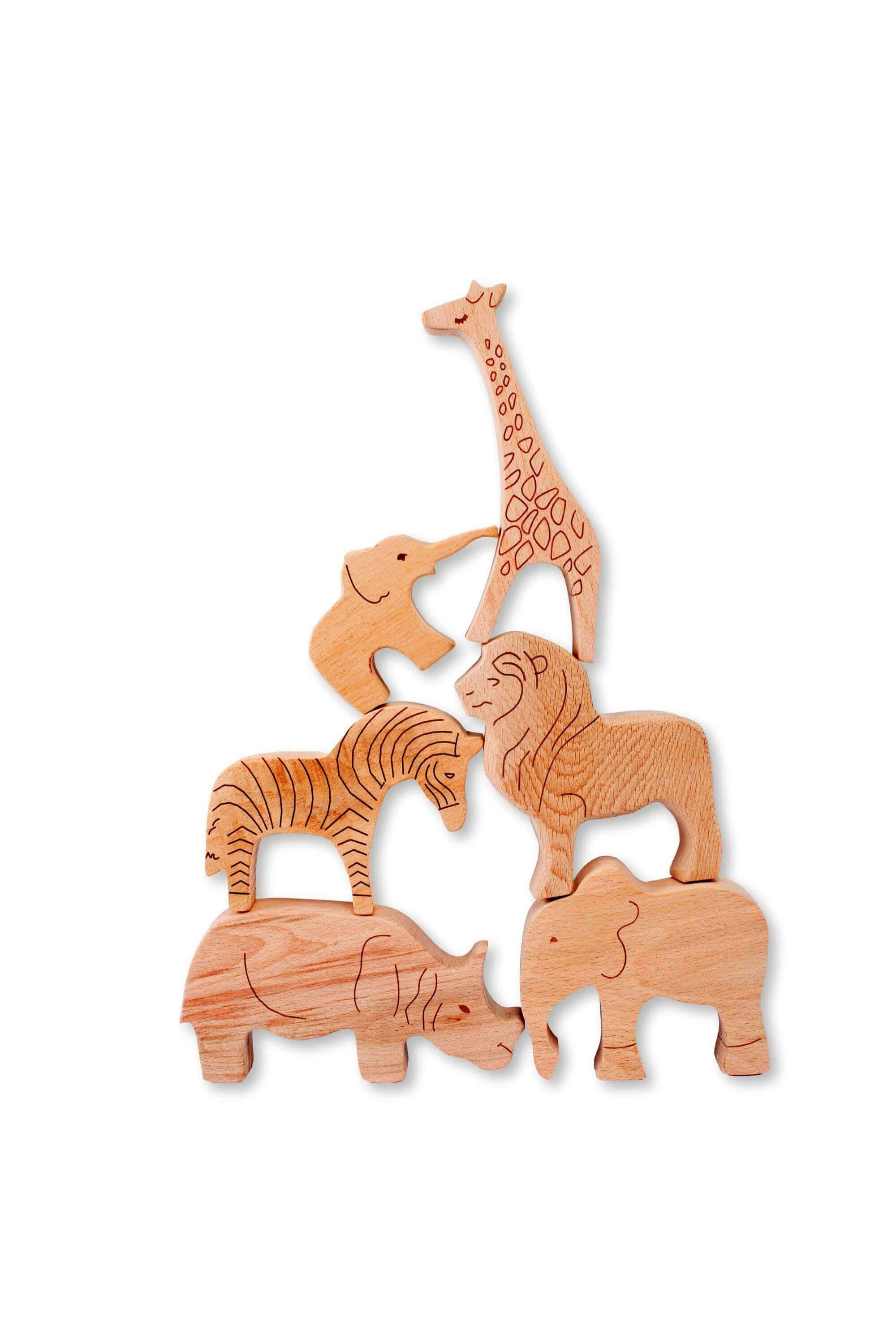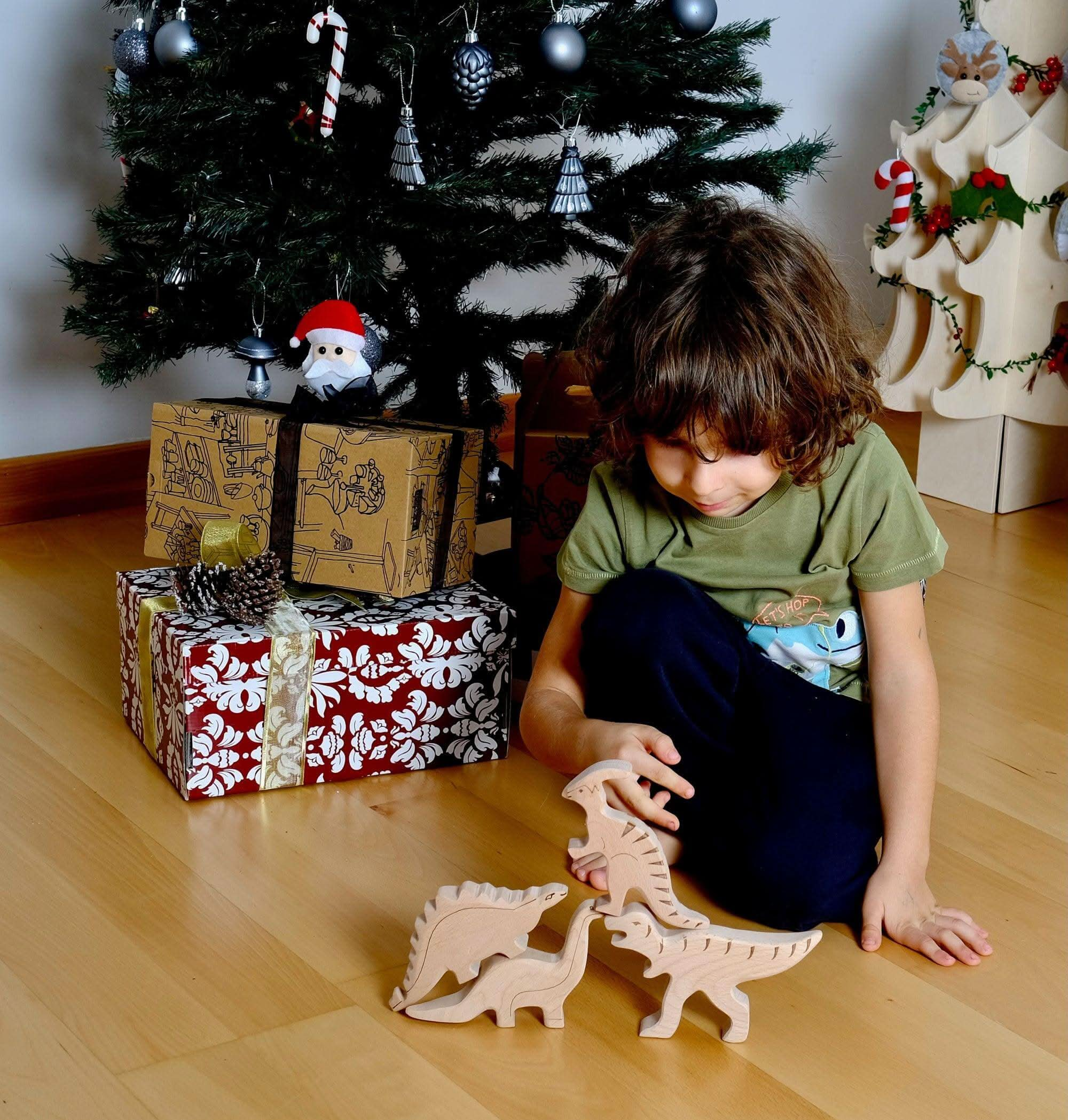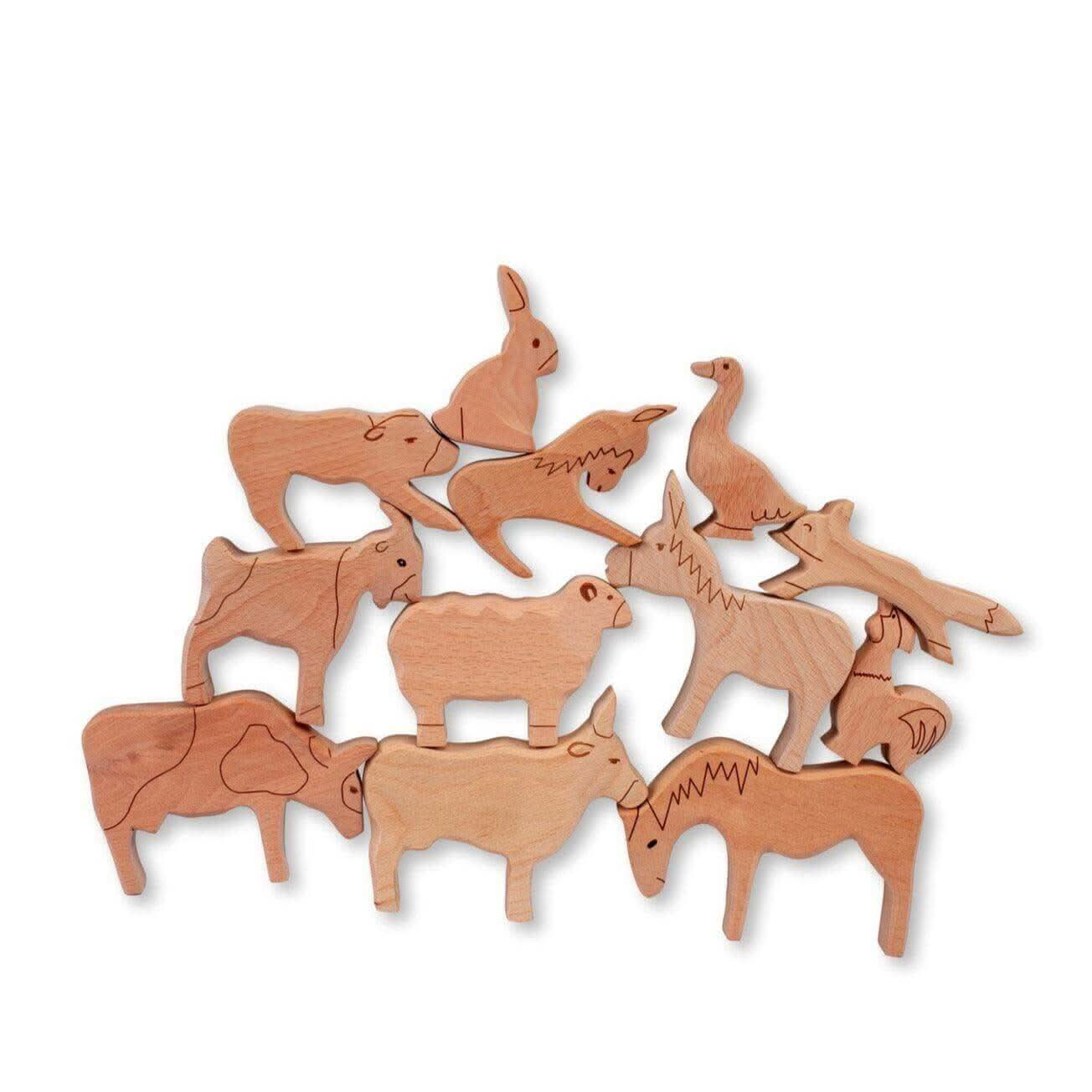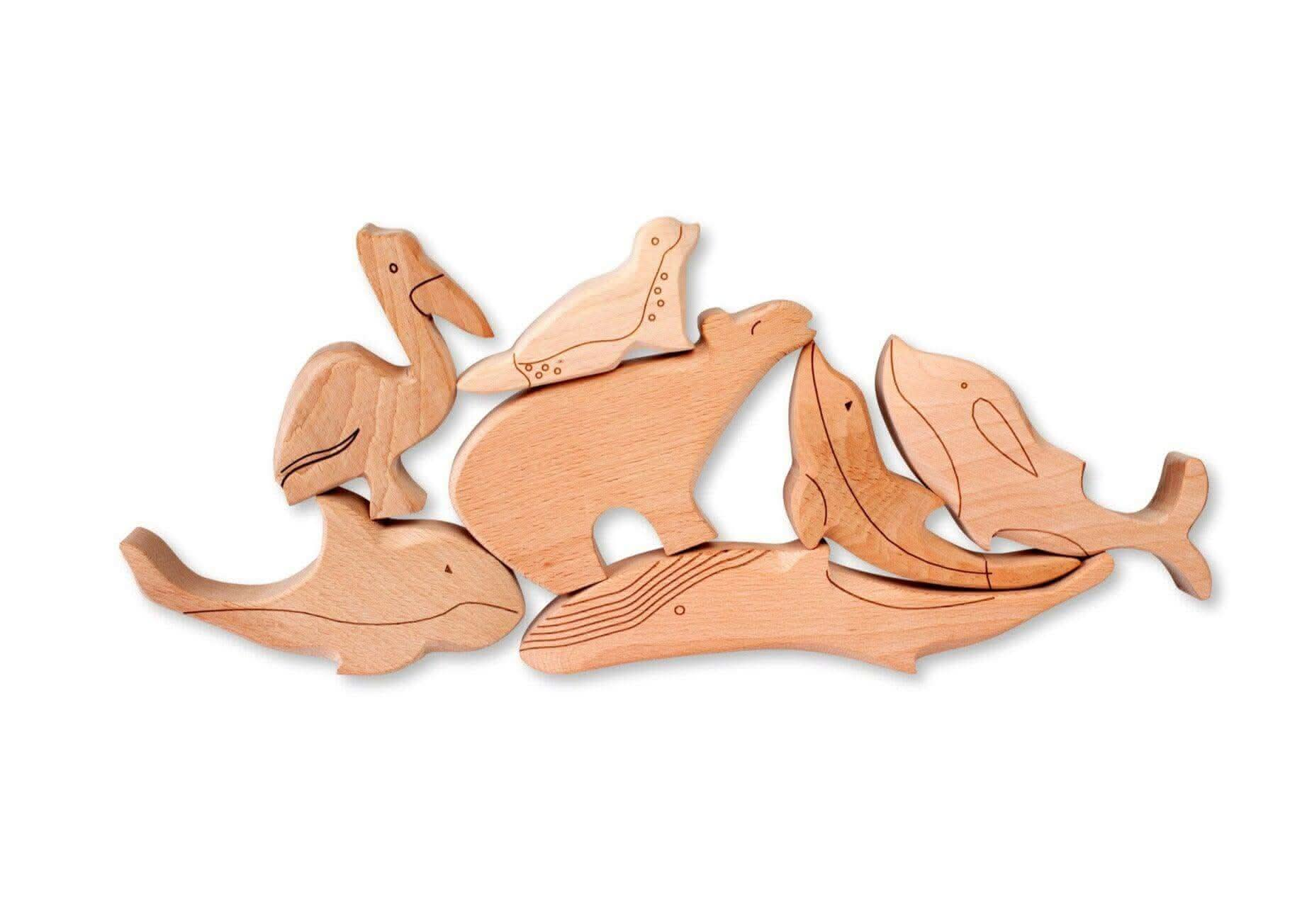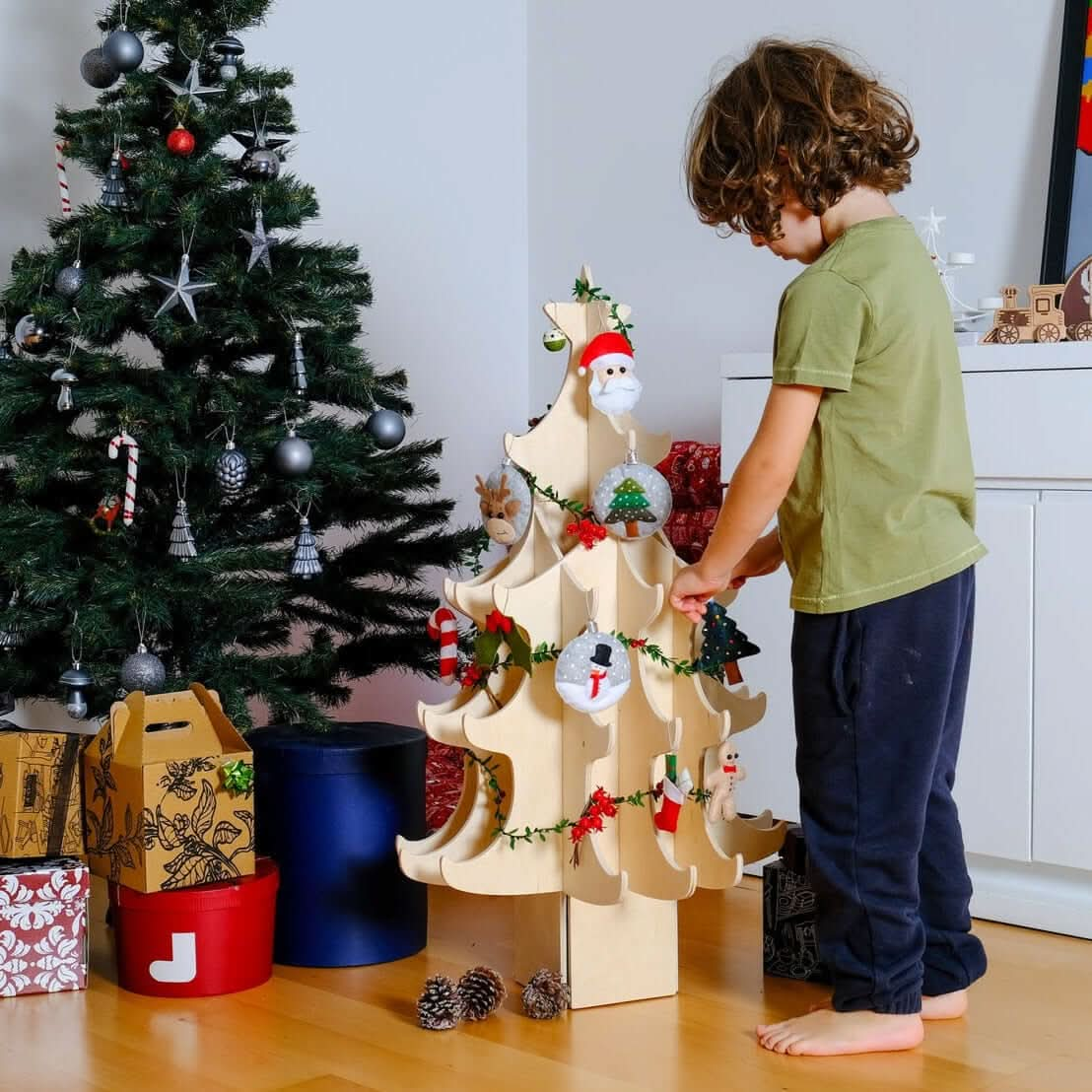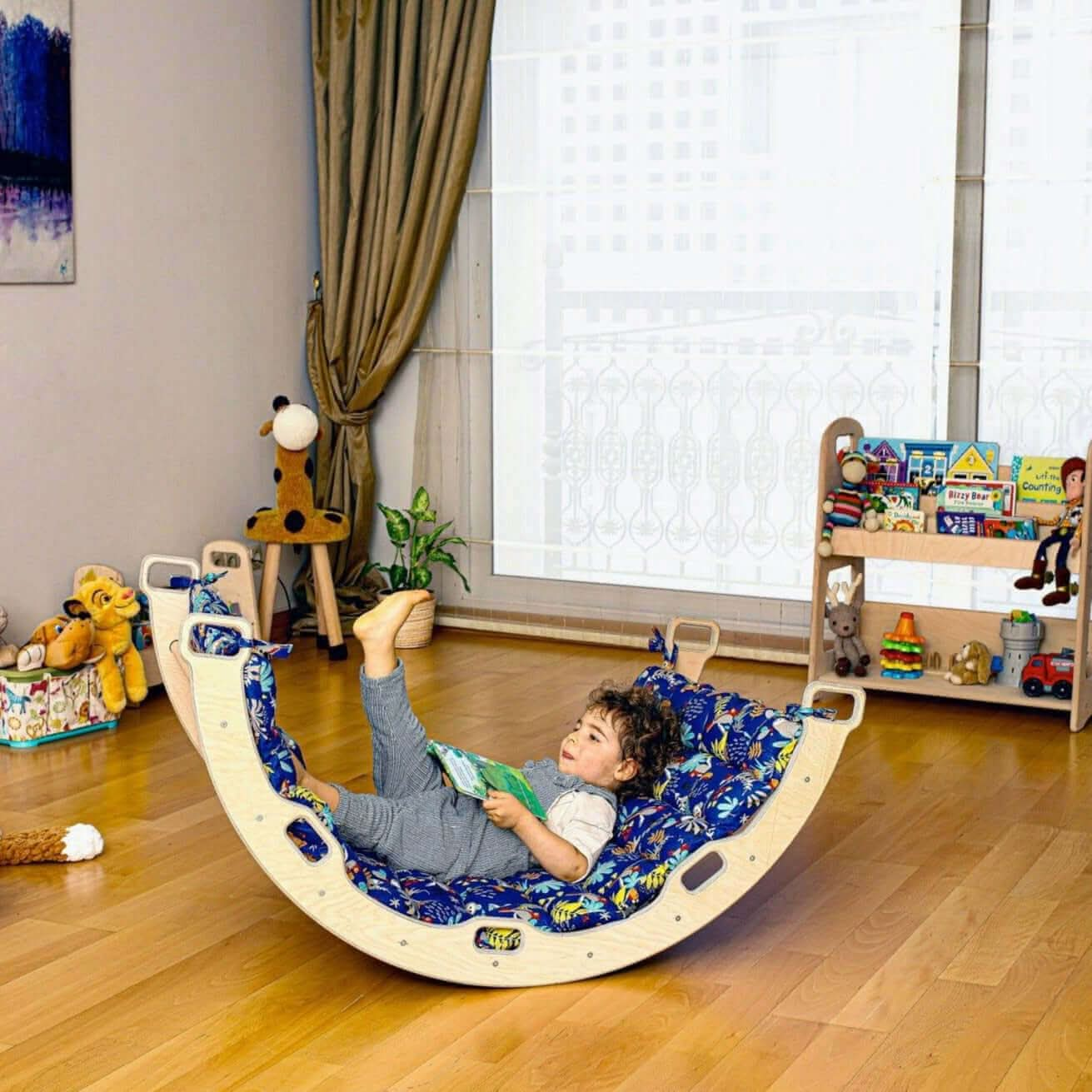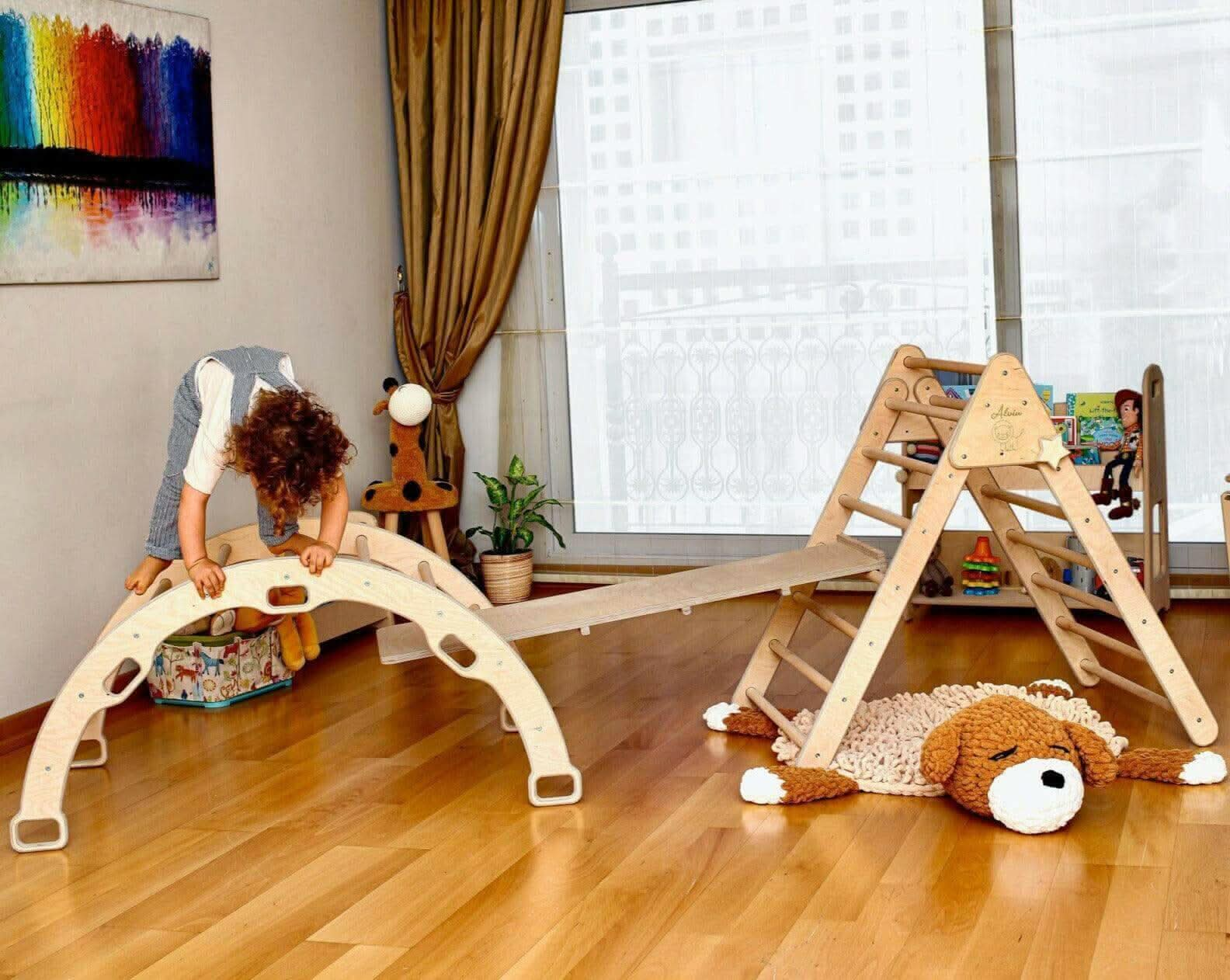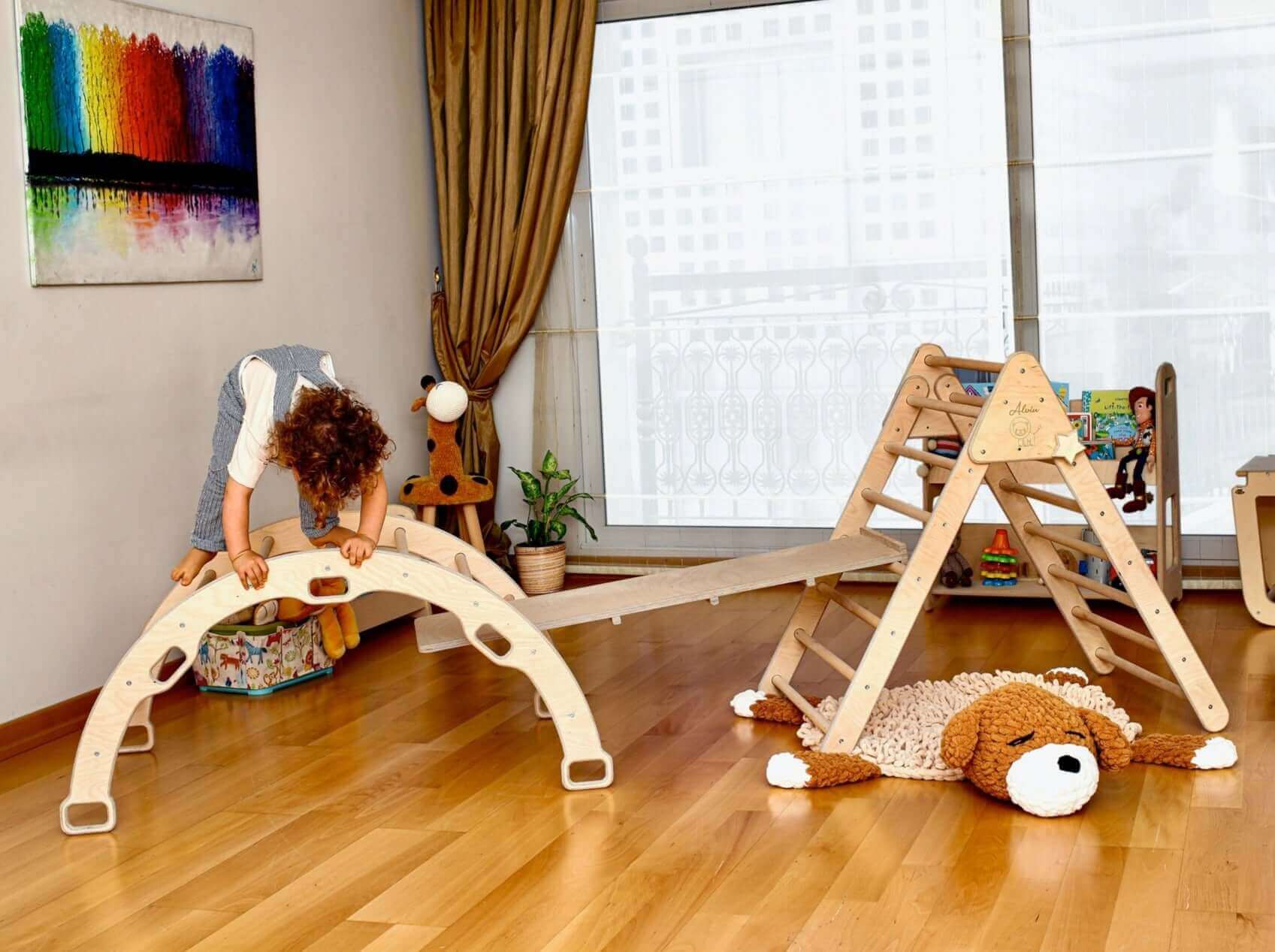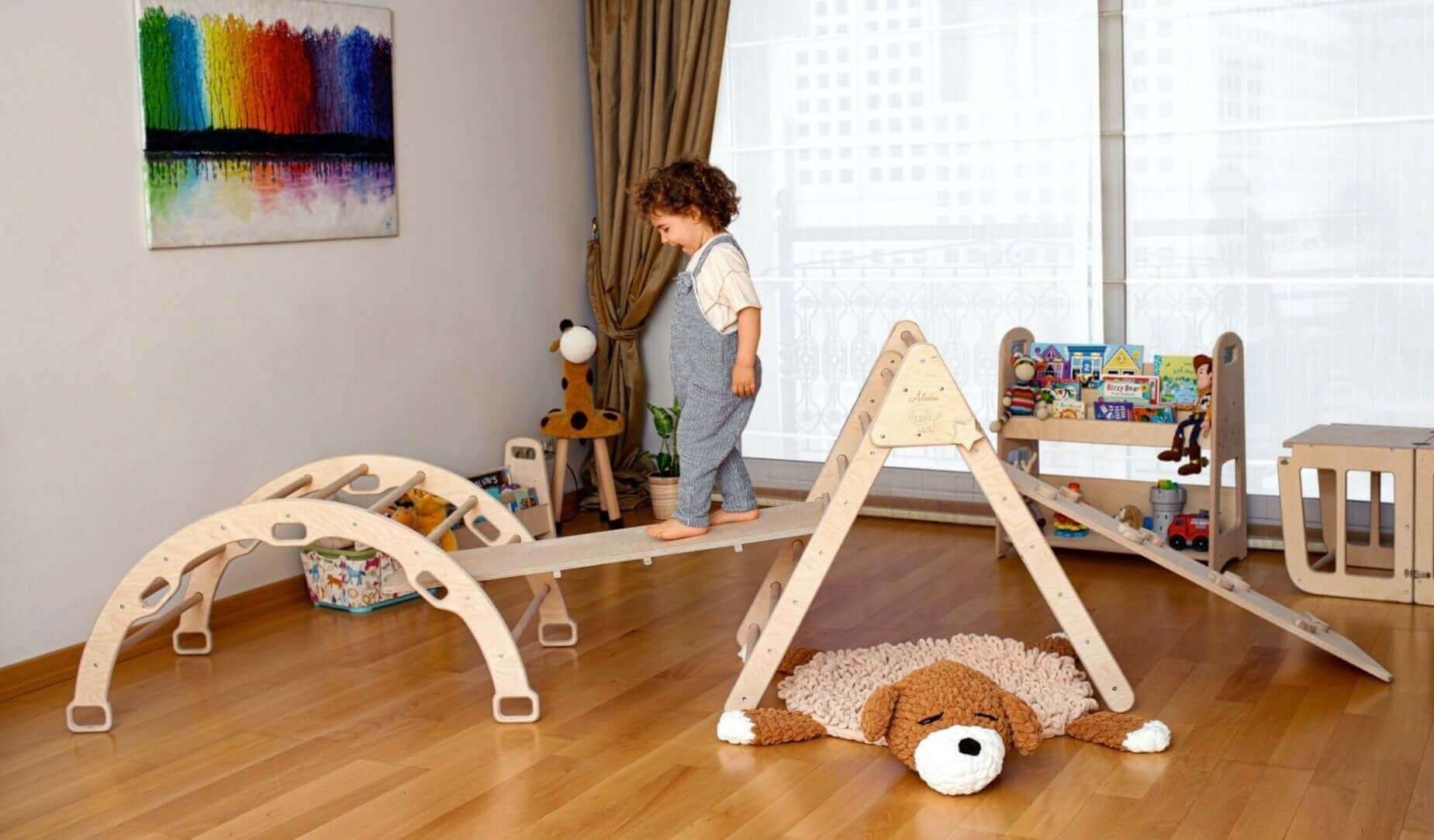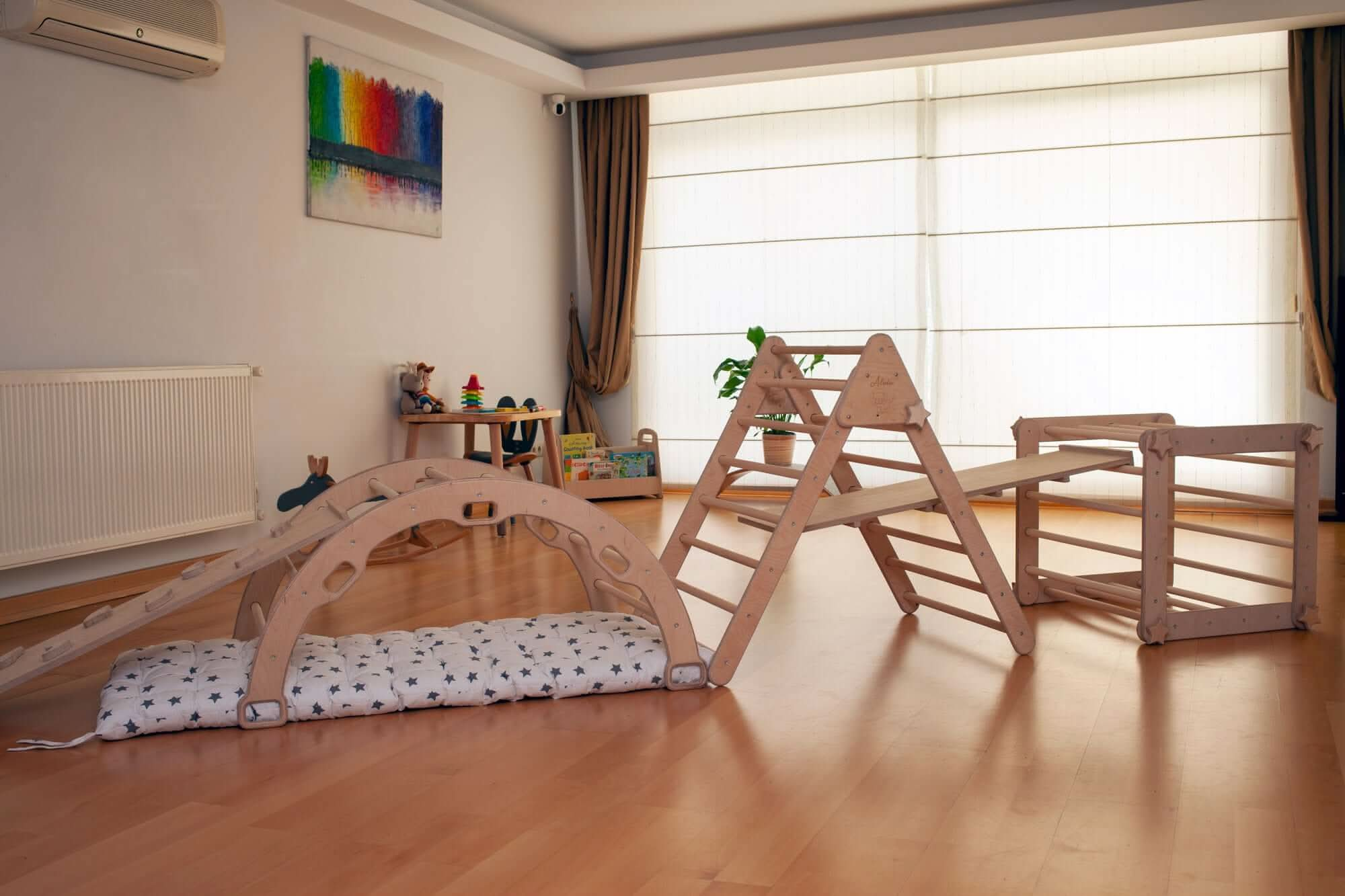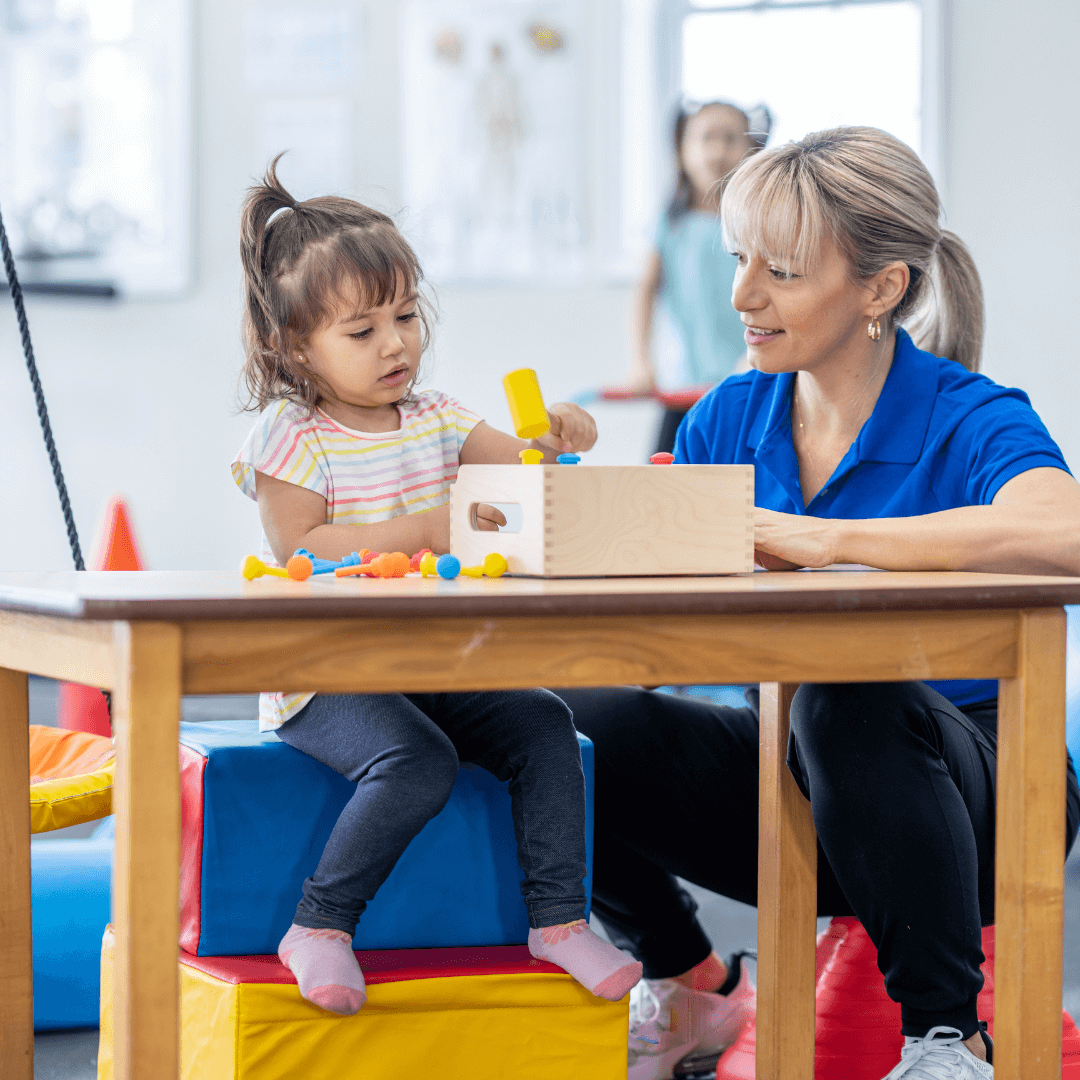
· Von halit burak capraz
Woodworking Toys: A Surprising Tool for Boosting Fine Motor Skills in Toddlers
Woodworking Toys: A Surprising Tool for Boosting Fine Motor Skills in Toddlers
If you're a parent or caregiver looking for innovative ways to boost fine motor skills in toddlers, Montessori-inspired woodworking toys might just be your answer. These tactile and engaging toys not only captivate young minds but also help nurture essential developmental skills. In this article, we'll explore the incredible benefits of woodworking toys, why they belong in every toddler's playroom, and how they align with Montessori principles.
The Importance of Fine Motor Skills Development
Fine motor skills are critical for a child's growth, influencing their ability to perform everyday tasks such as dressing, eating, and writing. According to early childhood educators, these skills form the foundation for later academic success and independence. Engaging in activities that target fine motor skills from a young age can lead to improved hand-eye coordination, precision, and dexterity.
Fine motor skills are akin to a toddler's secret superpowers. They're the gateway to a lifetime of independence, enhancing capabilities like buttoning up shirts for those Instagram-worthy family photos, mastering the delicate task of eating without turning the dining table into a modern art exhibit, and the epic journey of learning to write their name with beautifully scribbled pride. Various studies, including one published in the Journal of Pediatric Psychology, highlight that children engaging in activities targeting fine motor skills from a tender age show significant improvement in hand-eye coordination, precision, and dexterity. Such activities are intrinsic to the Montessori approach, often integrated into Montessori inspired toys.
Engaging toddlers with woodworking toys, particularly those that incorporate elements of structured play and Montessori principles, is Not only beneficial but fun. As one early childhood educator put it, "Play is the highest form of research," and what better way for toddlers to research than through play with natural material toys that subtly refine their motor skills?
According to Dr. Darcy Lyons, a renowned developmental psychologist, "Children two to three years old are in a critical phase of development where tactile engagement with their environment builds the confidence and competency needed for school and beyond."
While your child might not be the next Michelangelo with a miniature hammer and chisel, offering them toys from our carefully curated selection at Kidodido may pave the way for those unprecedented eureka moments—one wooden brick at a time. Just imagine them expertly using their fine-tuned skills to rock the world during toddlerhood and later to navigate life's challenges with grace.
How Woodworking Toys Enhance Fine Motor Skills
Woodworking toys are more than just delightful playthings; they're an ingenious tool for boosting fine motor skills in toddlers. By nature, these toys encourage children to engage in activities that require precise hand and finger movements. The action of gripping a wooden hammer or connecting pieces demands the use of small muscle groups, which is akin to the complex maneuvers needed for writing and drawing. Montessori educational materials often emphasize these skillsets, supporting the notion that play can be thoughtfully structured, yet joyously freeform.
Incorporating woodworking toys into your child's playtime is like giving them a workout for their smaller muscle groups, without any monotonous gym session involved. Imagine the joy of stacking blocks that look like miniature skyscrapers, each one adding to a toddler's confidence and dexterity. It's here that playtime becomes a sneaky but clever ambassador for learning.
Furthermore, these toys serve as ideal introductions to problem-solving and concentration, both of which are foundational elements of Montessori learning. When toddlers grapple with fitting pieces together, they're not just building structures; they're crafting their problem-solving skills, block by block. And what better way to nurture a child’s concentration than through play? As Dr. Maria Montessori wisely observed:
"Play is the work of the child."
Indeed, woodworking toys cultivate more than just motor skills; they inspire a lifelong love for learning through an imaginative medium. Explore the boundless potentials of play by adding a set of Montessori-inspired wooden toys to your child's daily routines. The joy of watching them explore and grow will be immeasurable, and their developmental milestones, not academic ones, suddenly feel like joyous adventures rather than strict achievements.
The Role of Montessori Principles in Toy Selection
In the Montessori method, the mantra is simple—every child is a natural learner if given the right tools. Woodworking toys, an exceptional subset of Montessori-inspired toys, perfectly encapsulate this philosophy by facilitating hands-on learning and promoting independence among toddlers. These toys aren't just about whittling wood; they're about shaping young minds. With their open-ended play design, toddlers can construct, deconstruct, and recreate at their own pace—much like how adults tackle a DIY home project, but with less pressure to fit into Instagram-worthy aesthetics.
The appeal of woodworking toys lies in their simplicity and versatility. They foster fine motor skills development while remaining unconsciously educational—kind of like sneaking vegetables into a child's favorite dessert. "Montessori principles emphasize real-world learning in a child's 'prepared environment,'" shares Dr. Maria Montessori herself, or she would if she were a guest on a 21st-century podcast. Today, that environment can include woodworking toys, serving as perfect companions to enhance tactile and imaginative learning experiences. Crafted with eco-friendly materials, these toys champion sustainability—because saving the planet is everyone's business, even for those who've just mastered walking.
Additionally, these toys are far from mundane. Their aesthetic appeal often complements playroom essentials, making them a favorite for interior design-savvy parents trying to ensure that playing with toys doesn't become a styling faux pas. When we discuss structuring play with purpose and creativity, Montessori woodworking toys stand as stalwarts. They are unscripted and unmechanized, amplifying a child's natural rhythm of play—it's like reality TV without the scripts and tantrums.
Examples of Effective Woodworking Toys for Toddlers
When it comes to enhancing your toddler's fine motor skills, incorporating woodworking toys into their playtime routine can be both fun and highly effective. Let's take a closer look at some standout examples of these developmental toys. One popular choice is the balance toys for toddlers. Not only do they help with balance—surprise!—but they also foster coordination and muscle development in those tiny fingers and toes. Picture this as a mini gym workout, minus the sweatbands and cheesy playlists.
Another excellent option is structured play toys like rocker climbers. These versatile pieces are more than just a playful addition to your living room—they're playroom essentials that support motor skills like grasping, pushing, and pulling. Think of them as the jungle gym's classy cousin, suitable for indoor play.
Multi-functional toys and kids' climbing furniture serve as adaptable indoor play equipment perfect for various stages of your toddler's growth. According to a study by NCBI, such activities are crucial for fine motor skill development. It's like giving your little one a Swiss Army knife of playtime options! These pieces transition smoothly from early baby days to becoming the 'best toys for 3-year-olds'. Trust us, you'll get more mileage out of them than you do your gym membership!
"The essence of independence is to be able to do something for one's self." – Dr. Maria Montessori
Dr. Maria Montessori's timeless wisdom underscores the importance of self-sufficiency, something that Montessori-inspired toys like woodworking playsets instill in toddlers. These toys not only nurture imagination but also pave the way for lifelong learning and exploration.
Creating a Balanced Play Environment
Integrating balance toys and Montessori play structures into an indoor toddler playground can transform any living space into a wonderland of growth and discovery. Picture this: a toddler teetering on a balance board, both focused and exhilarated, embodying sheer joy with each triumphant balancing act. Who knew these wobbling wonders could be such powerful tools for fine motor skills development? Research supports that balance toys significantly aid in enhancing proprioception and coordination among toddlers (“The Role of Balance in Child Development,” American Journal of Occupational Therapy, 2021).
Furthermore, these Montessori-inspired playthings promote an invaluable blend of physical development and creative exploration. The beauty of Montessori play structures lies in their design—encouraging children to navigate challenges independently, fostering self-confidence and decision-making. And let's not forget the importance of imaginative play, as children devise epic quests and tales while clambering on their mini-playgrounds. Truly, a balanced play environment nurtures both body and mind, which Aristotle might have referred to as "the whole child development." Okay, maybe not his exact words, but you get the idea.
When curating this play paradise, prioritize non-toxic toys for kids to ensure that playtime is as safe as it is fun. According to the Environmental Working Group, choosing non-toxic options can significantly reduce exposure to harmful chemicals commonly found in traditional toys (EWG, “Safer Toy Guide,” 2023). Think of it as a magical endeavor to protect your little one’s health while fostering a love for exploratory play.
In a world teeming with "screen time tantrums," providing your child with an enriching indoor playground might just keep them amused and engaged like nothing else can. After all, as Maria Montessori herself remarked,
"Play is the work of the child."With well-chosen toys, you can guarantee that this work is not only productive but also profoundly joyful.
Conclusion: Embrace the Power of Woodworking Toys
Woodworking toys stand out as invaluable tools for the development of fine motor skills in toddlers, thanks to their ability to blend traditional play with educational principles. When the enchanting feel of natural materials meets the intentional design of Montessori inspired toys, a remarkable synergy emerges. This not only delights little hands but also sharpens growing minds—perhaps the miracle of multitasking redefined for the toddler world!
"The hands are the instruments of man's intelligence," noted Dr. Maria Montessori, whose educational philosophy powefully champions tactile exploration. By leveraging the innate allure of wood, Montessori toys invite children into a realm of open-ended discovery and learning. This, in turn, prepares them for future problem-solving and boosts cognitive engagements in ways digital apps can only dream about.
Consider the rocker climber, a beautifully crafted piece of Montessori play structure, as it seamlessly transitions from a climbing apparatus to a wobbly seat or creative play table. Such versatility encourages imaginative play, ensuring that every twist and turn serves a dual purpose — physical activity and creativity enhancement. Furthermore, these toys are safe, eco-friendly, and made from non-toxic materials, providing peace of mind for parents and caregivers alike (NCBI article on child toy safety).
By choosing wooden learning toys from Kidodido, parents invest in more than just a plaything—they embrace a tool for lifelong learning and growth. Certainly, embracing woodworking toys is akin to giving your child not just one leg up, but an entire ladder to climb towards future growth and skill mastery. As they play and learn, you can sit back, enjoy a hot cup of coffee (while it's still hot), and watch them thrive!

